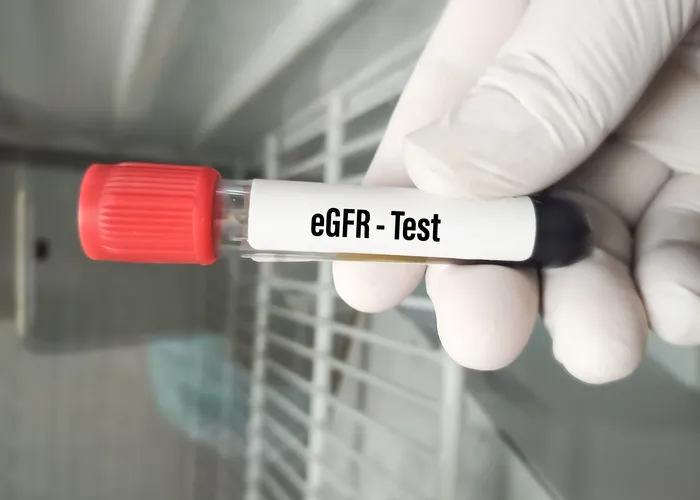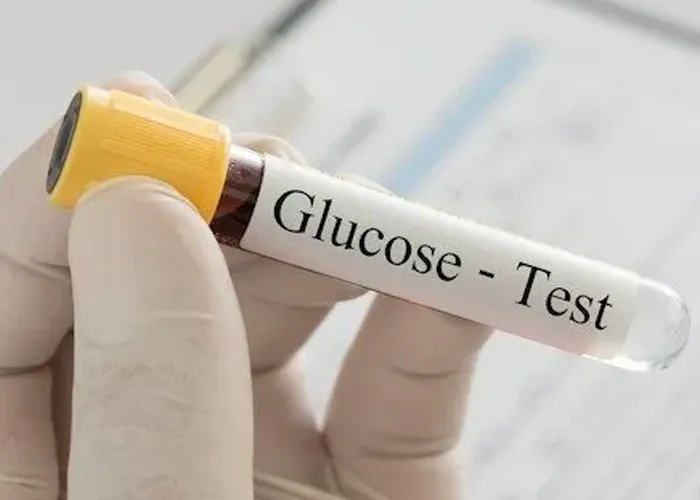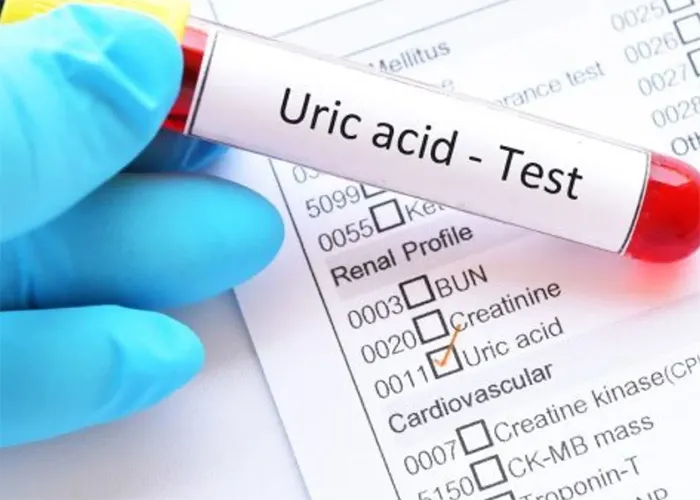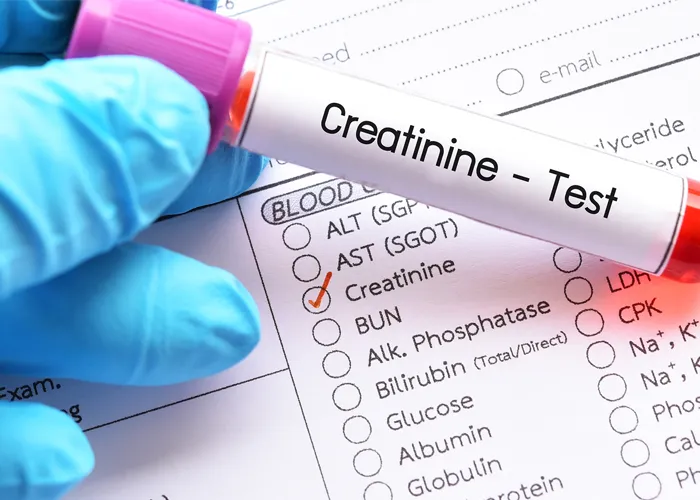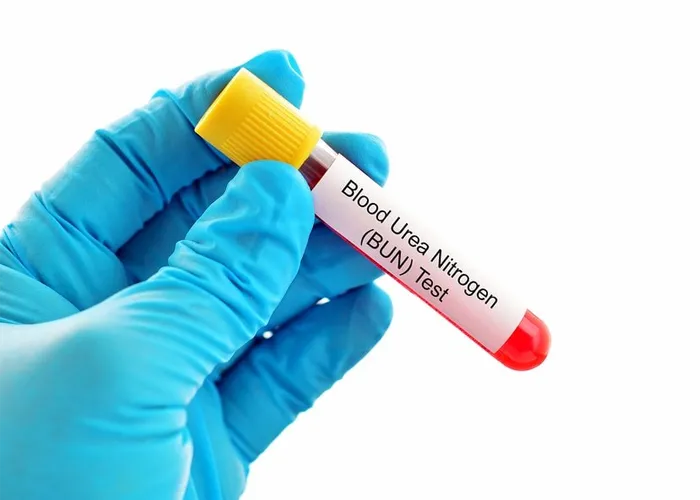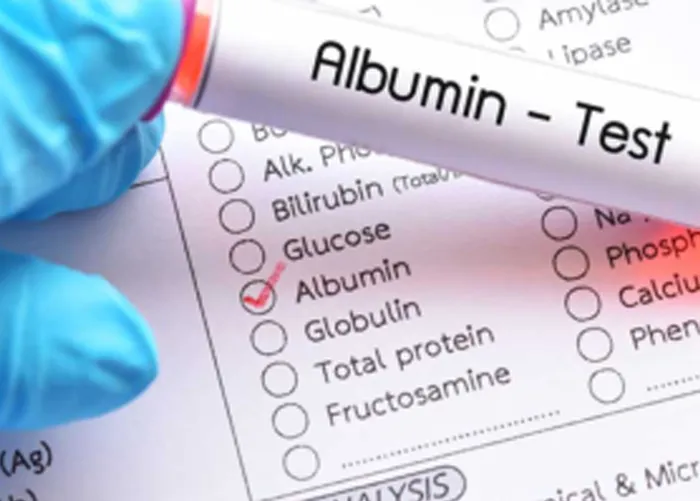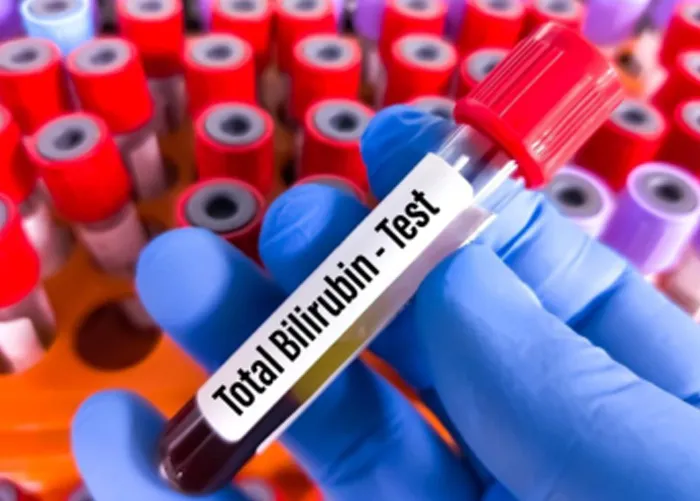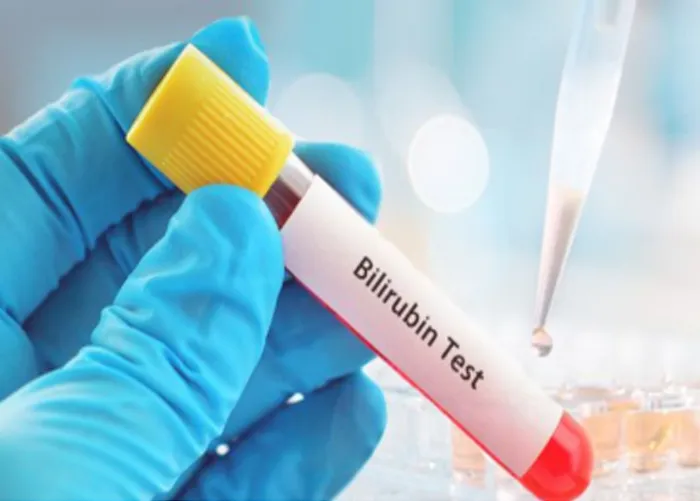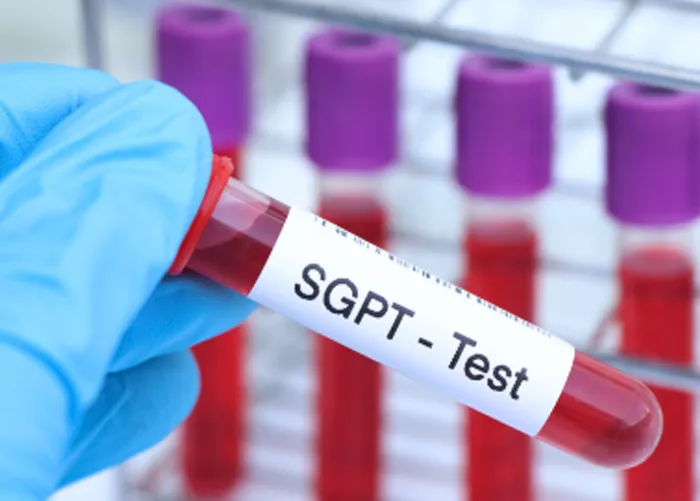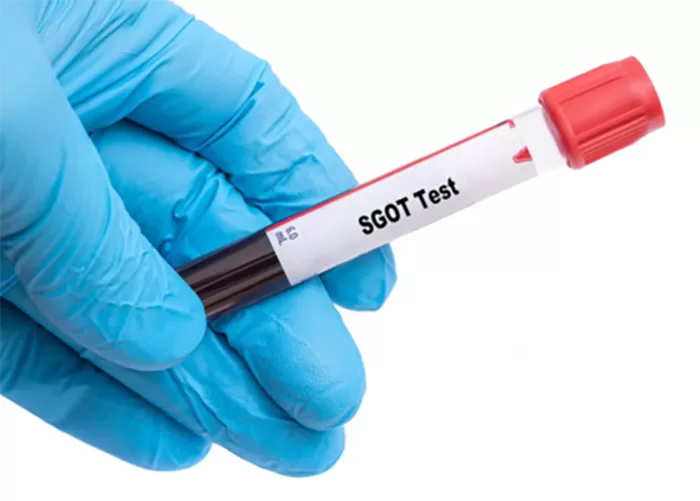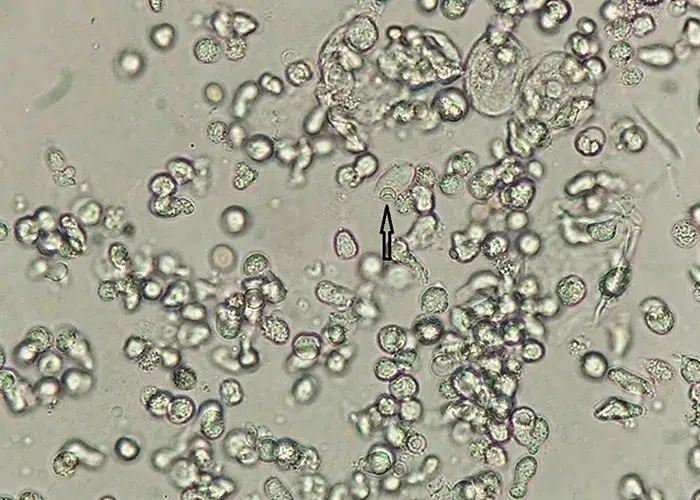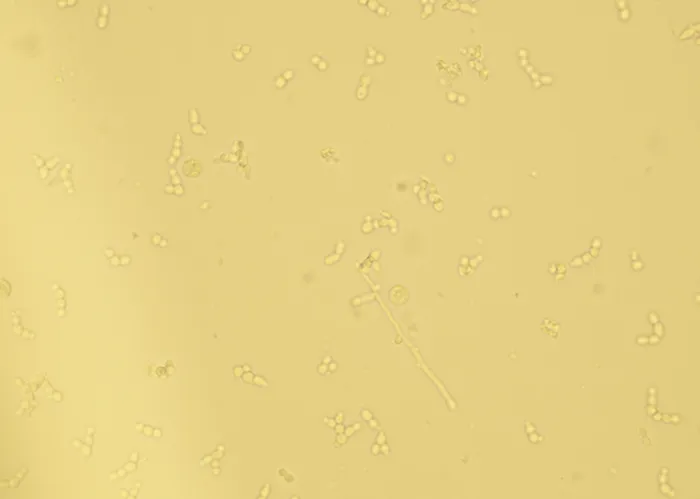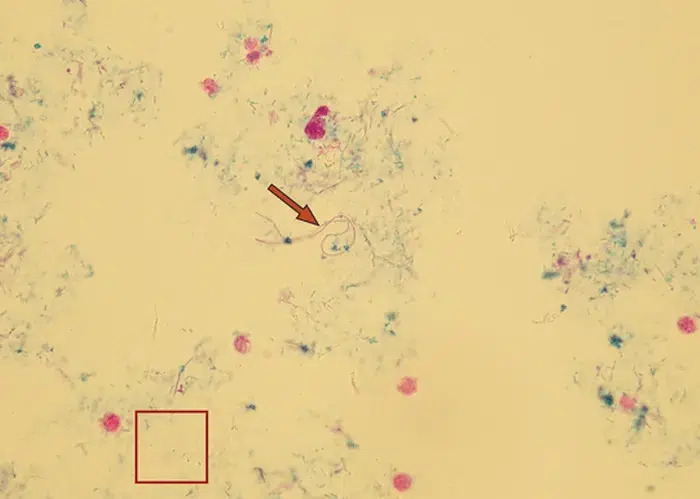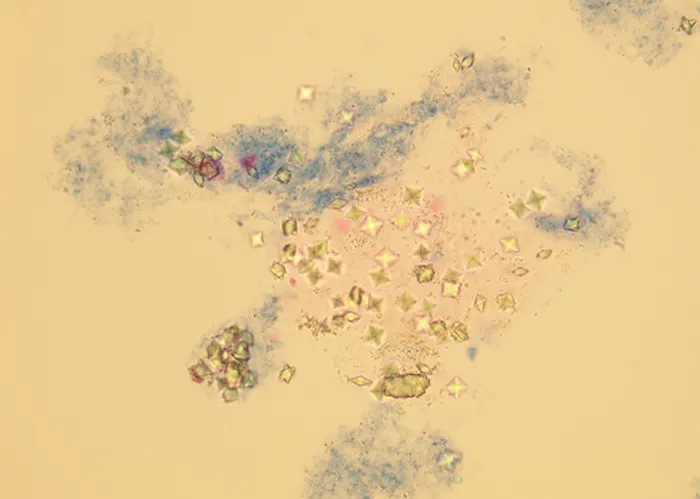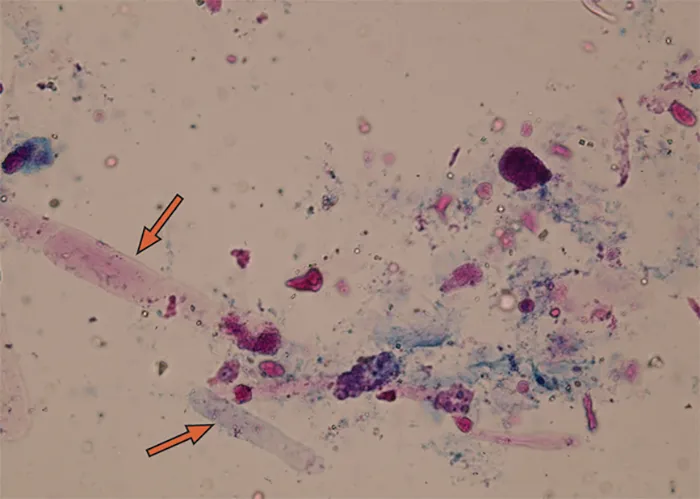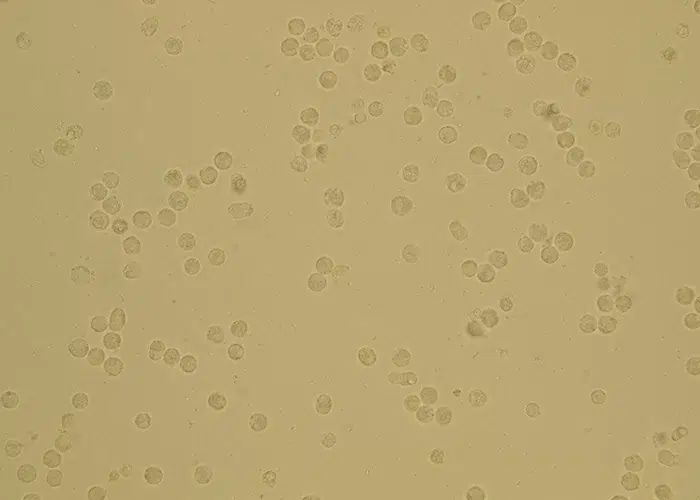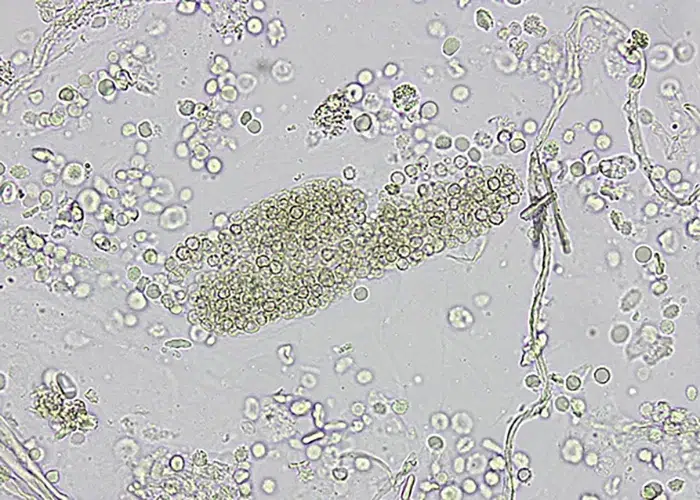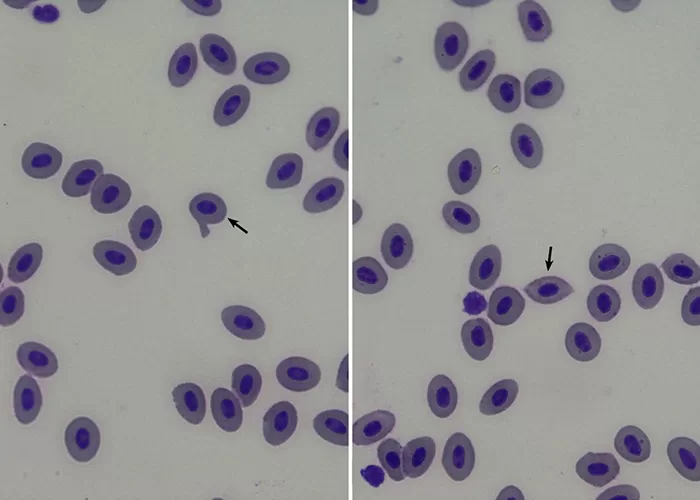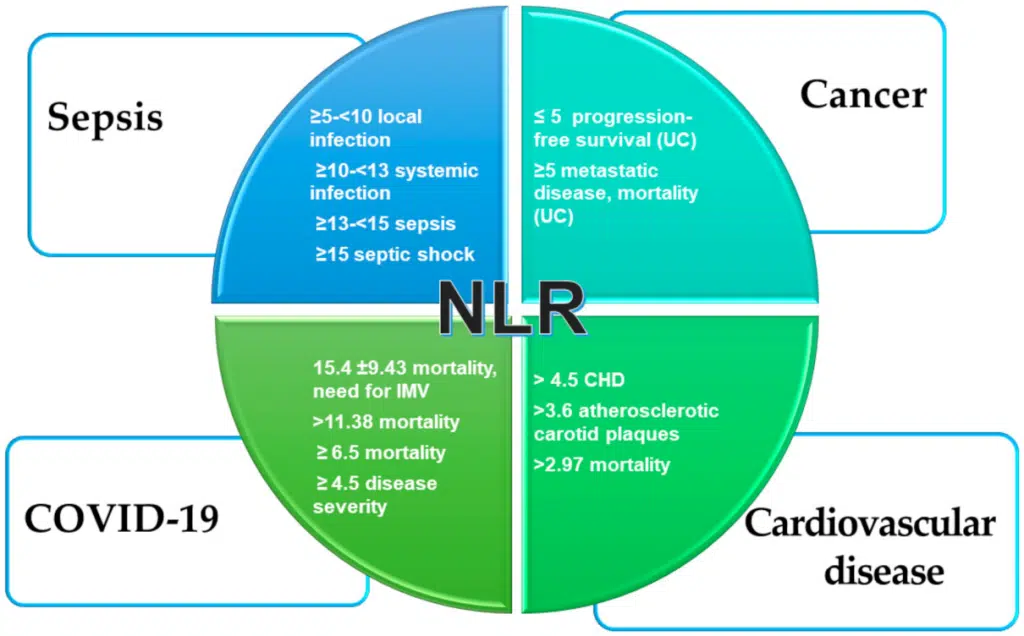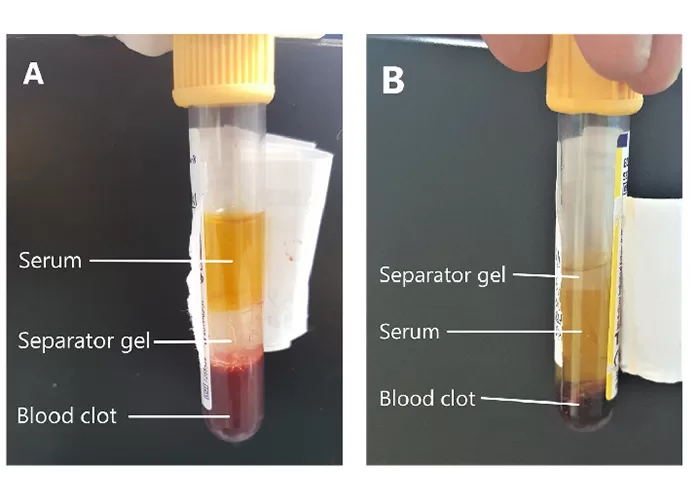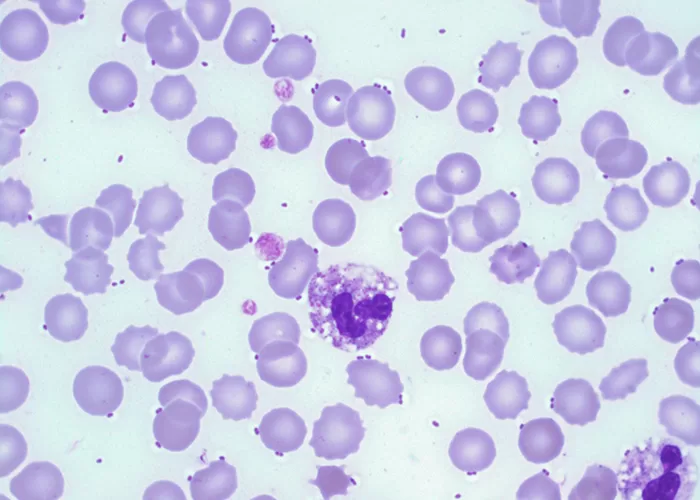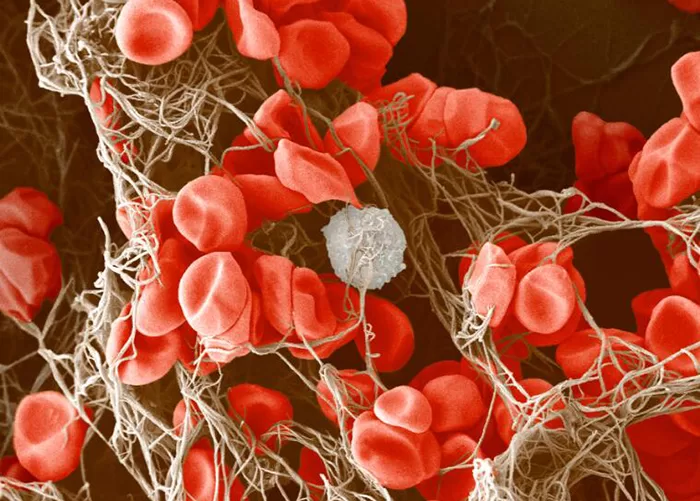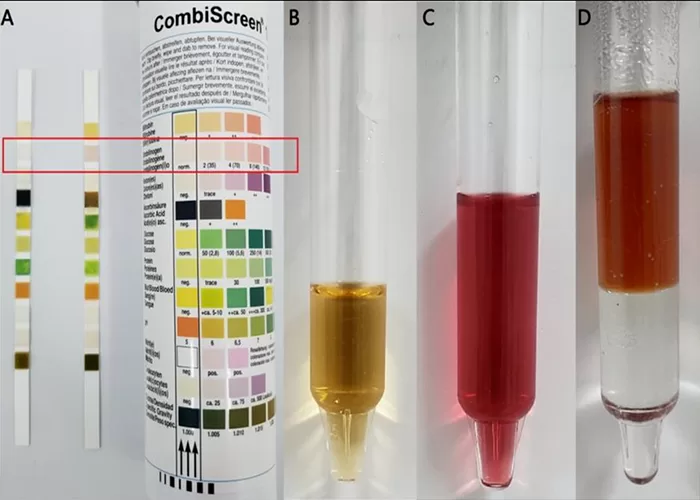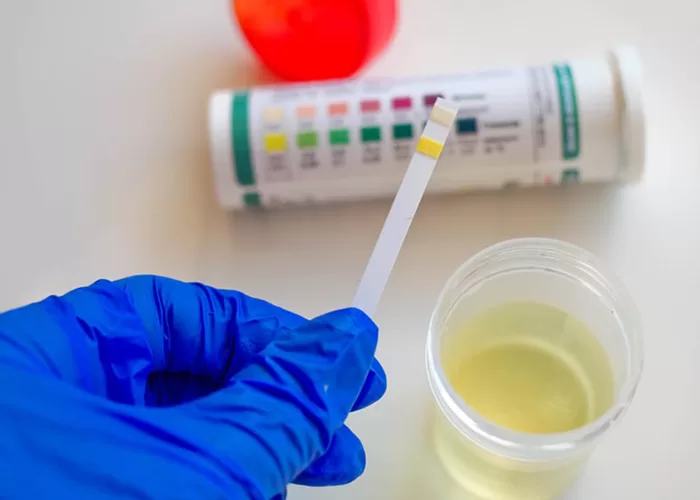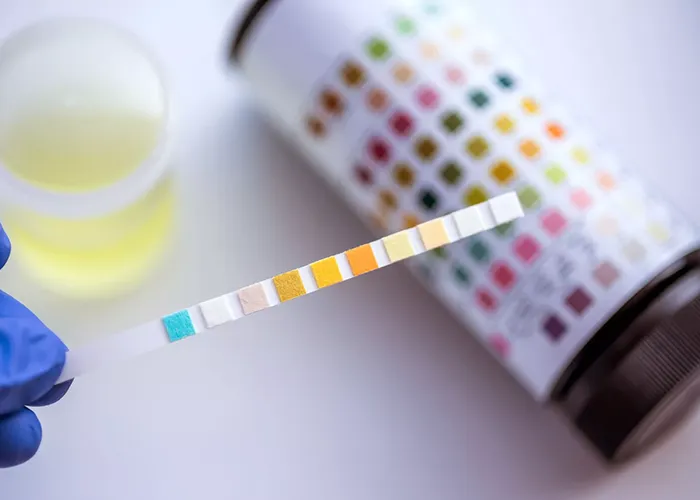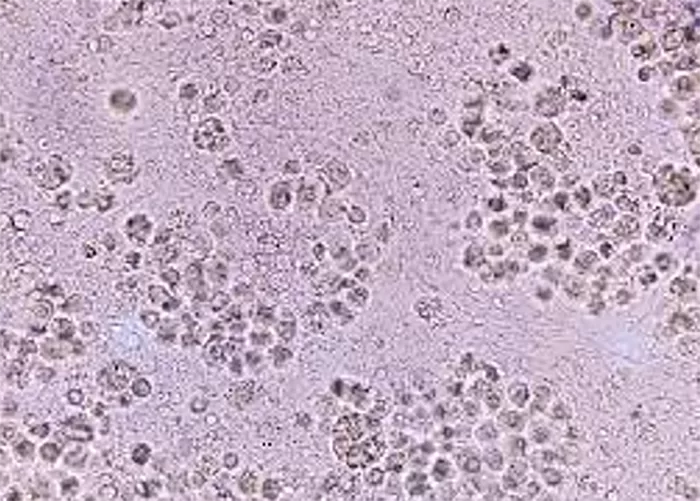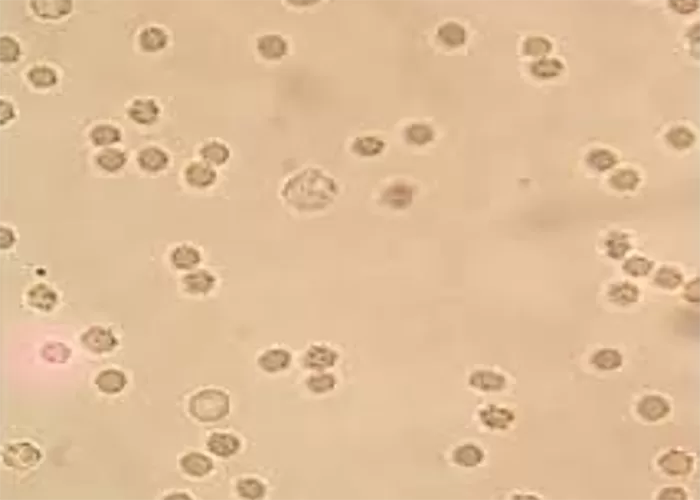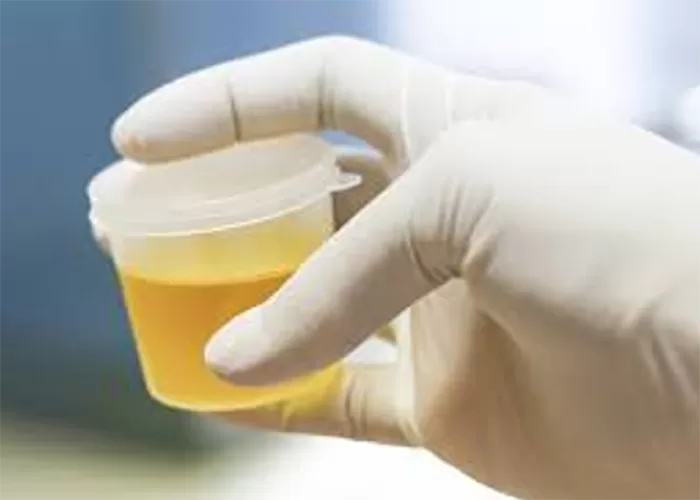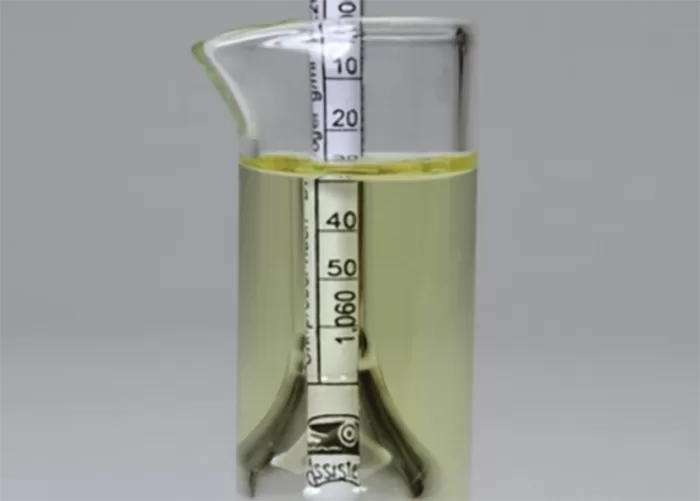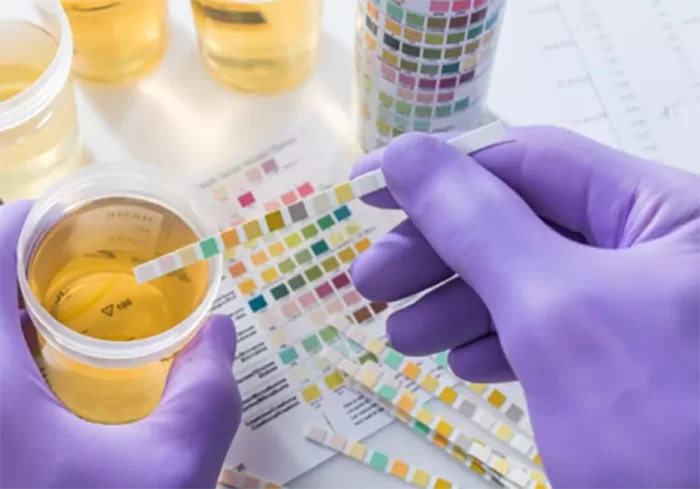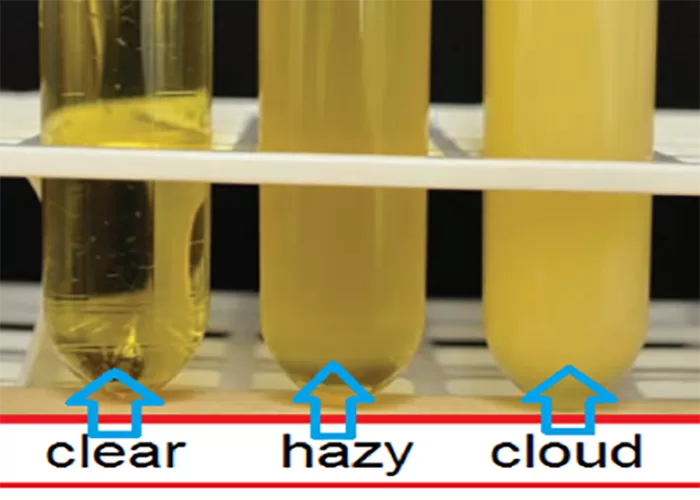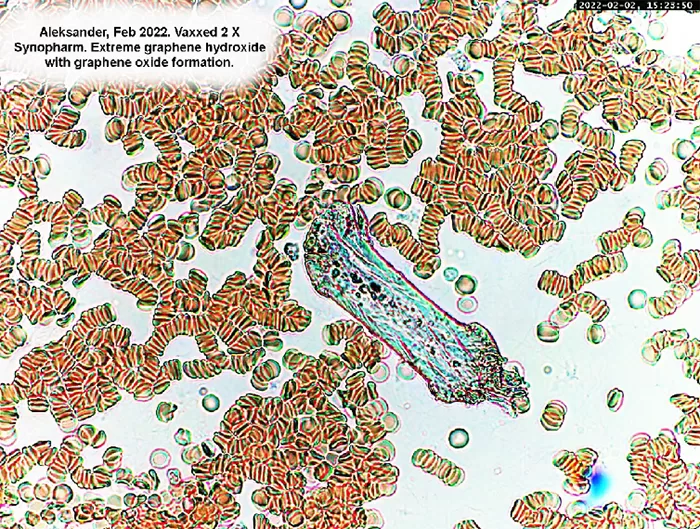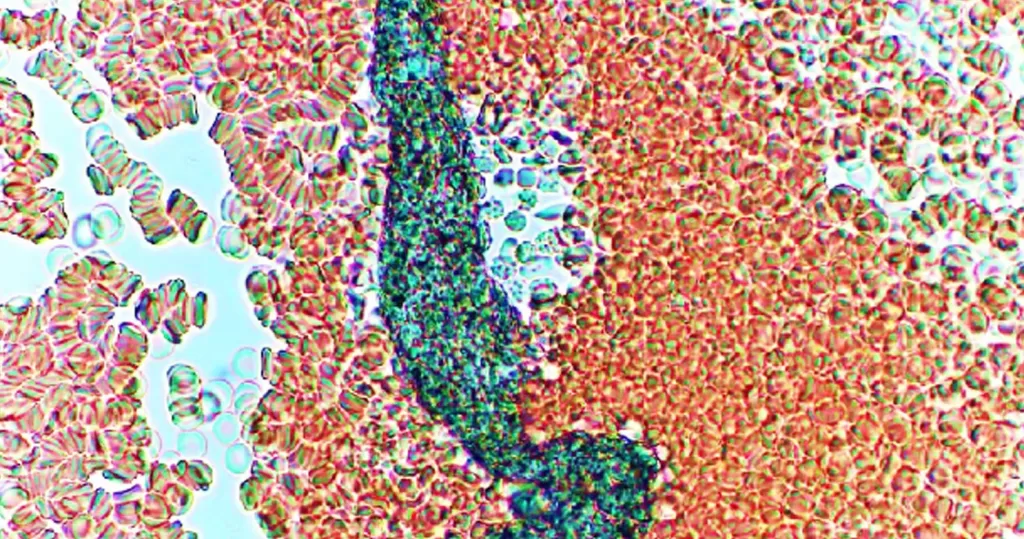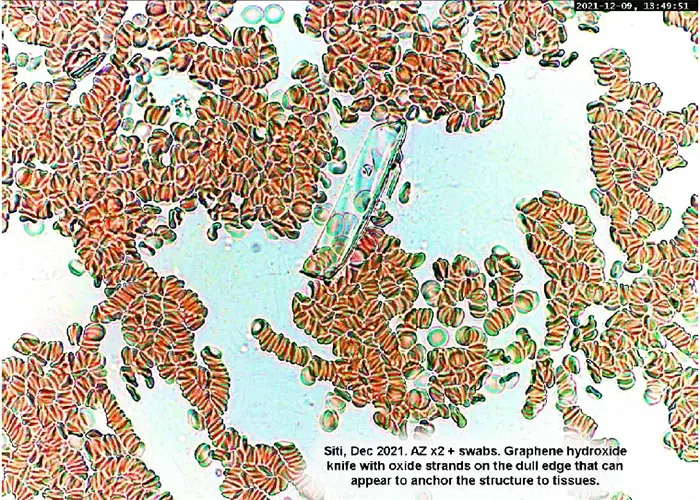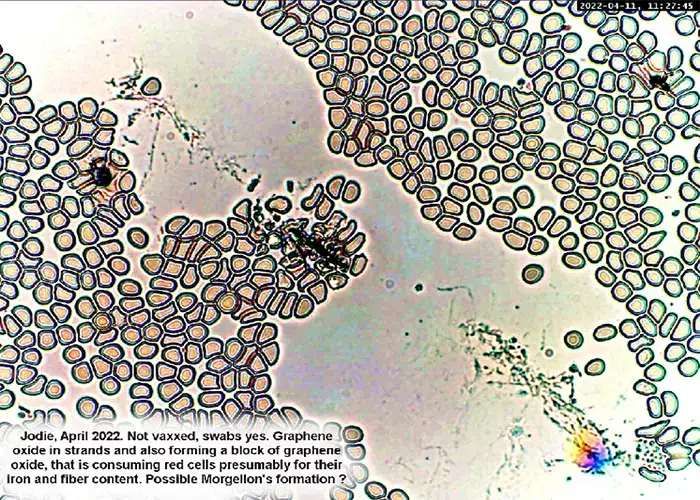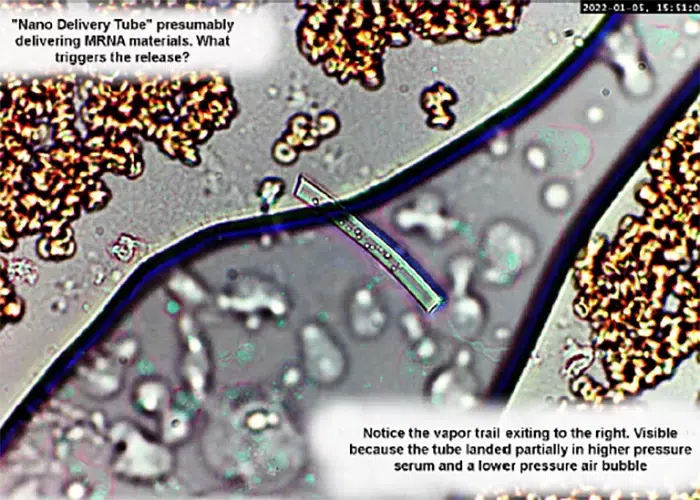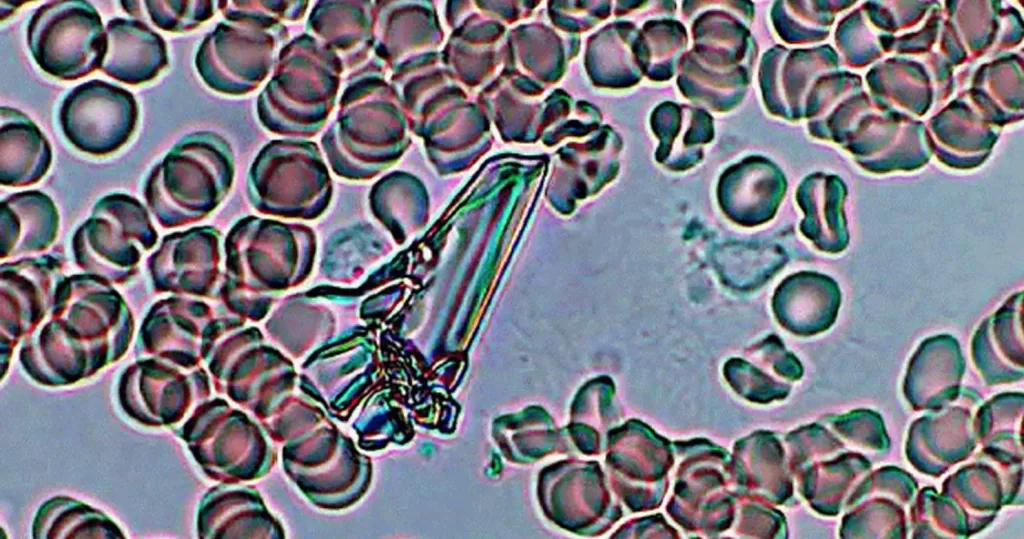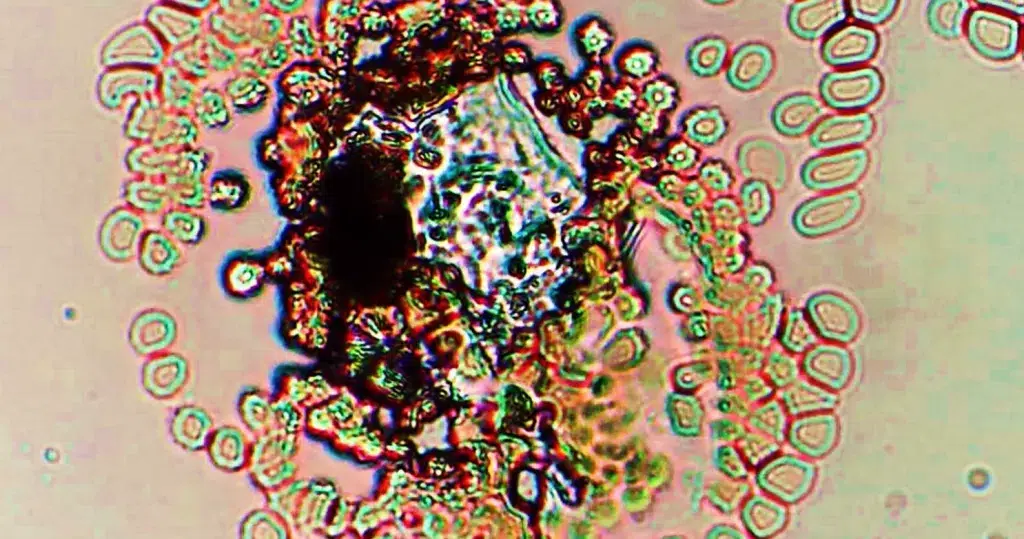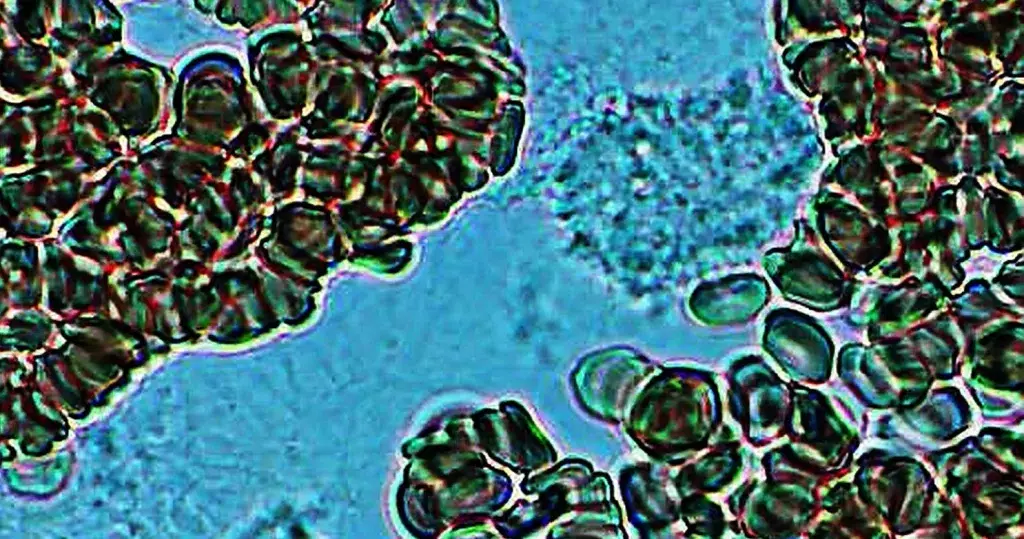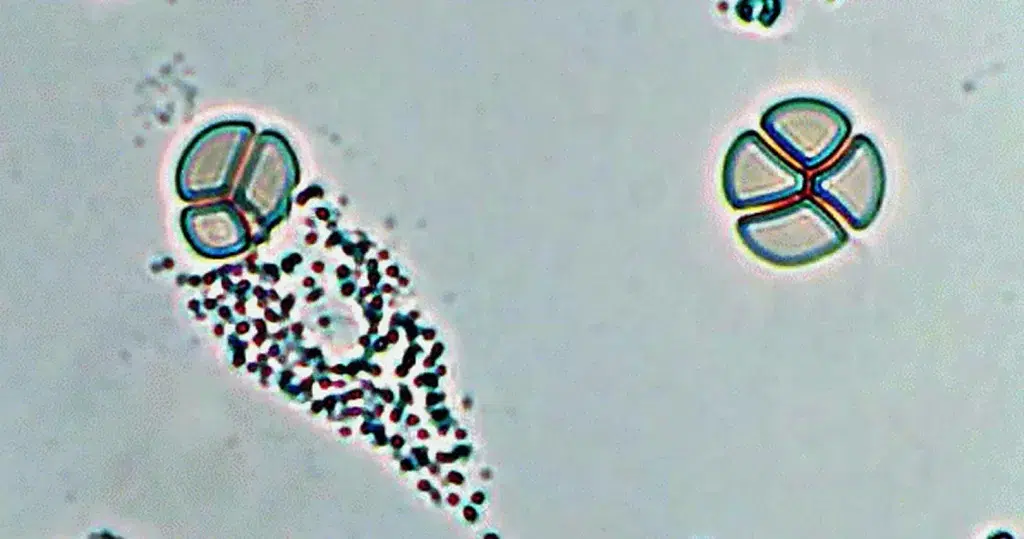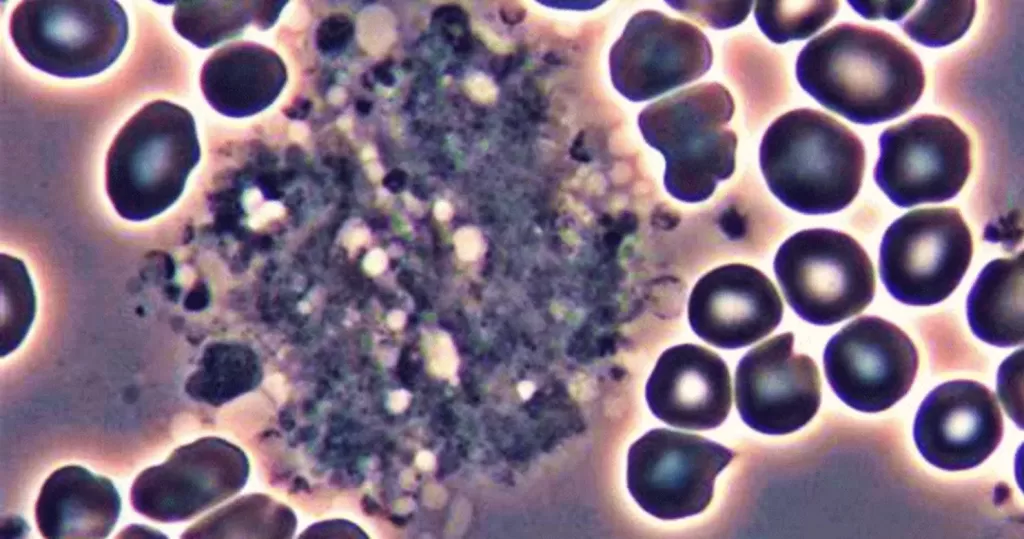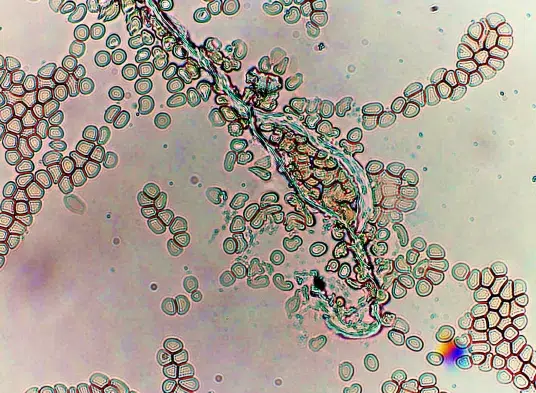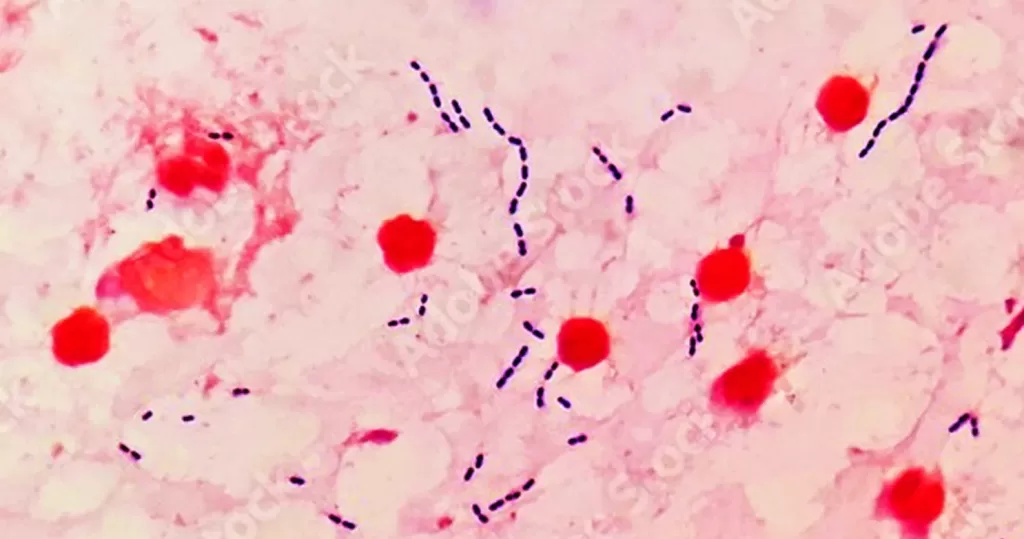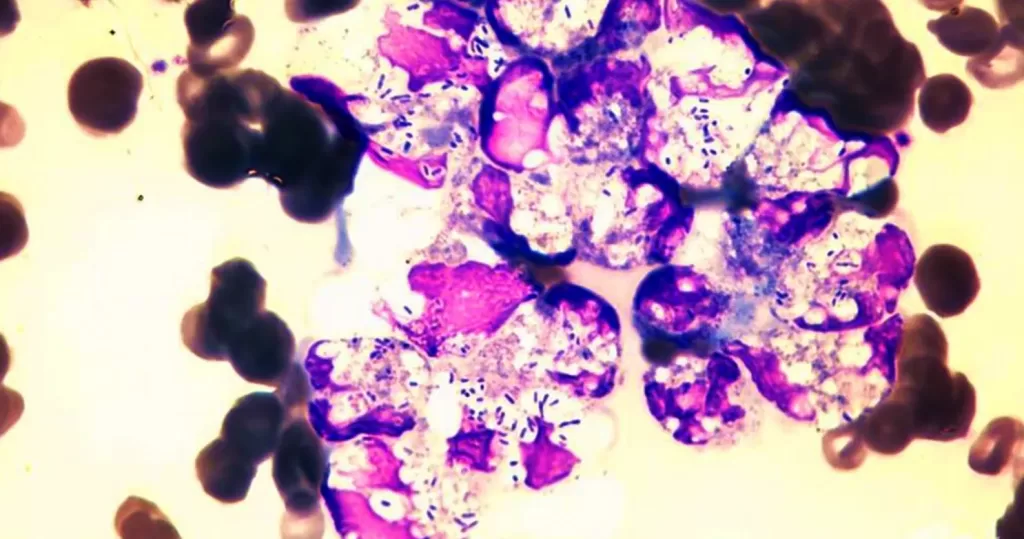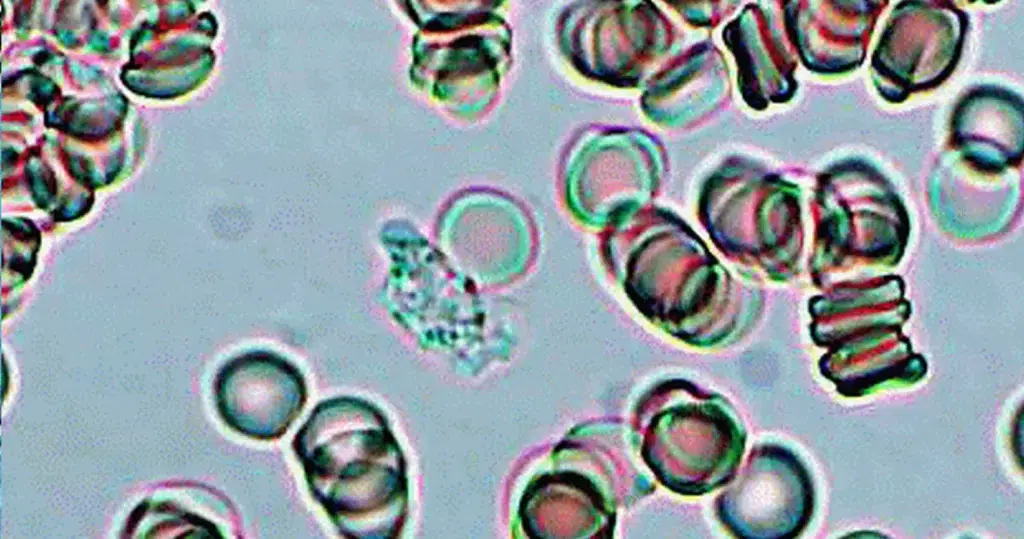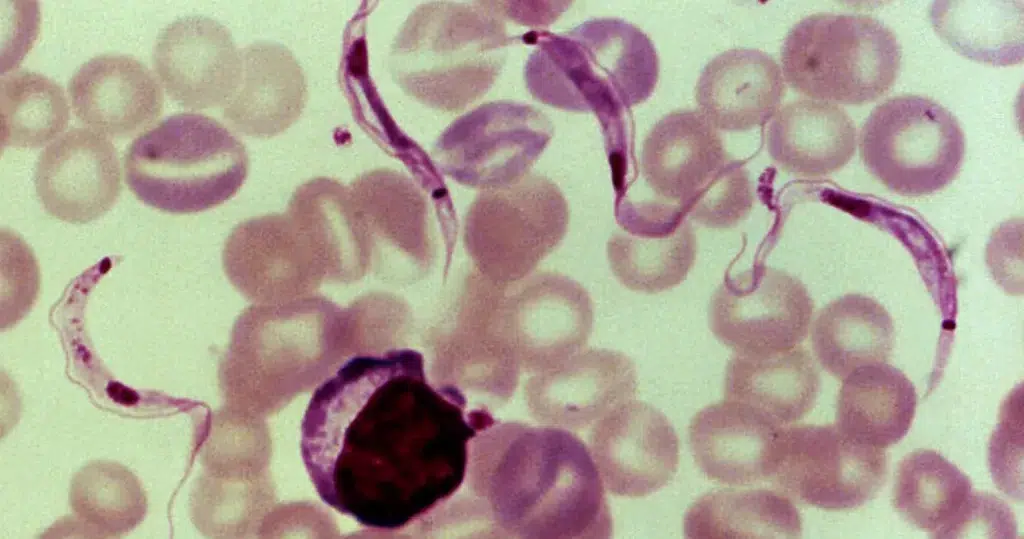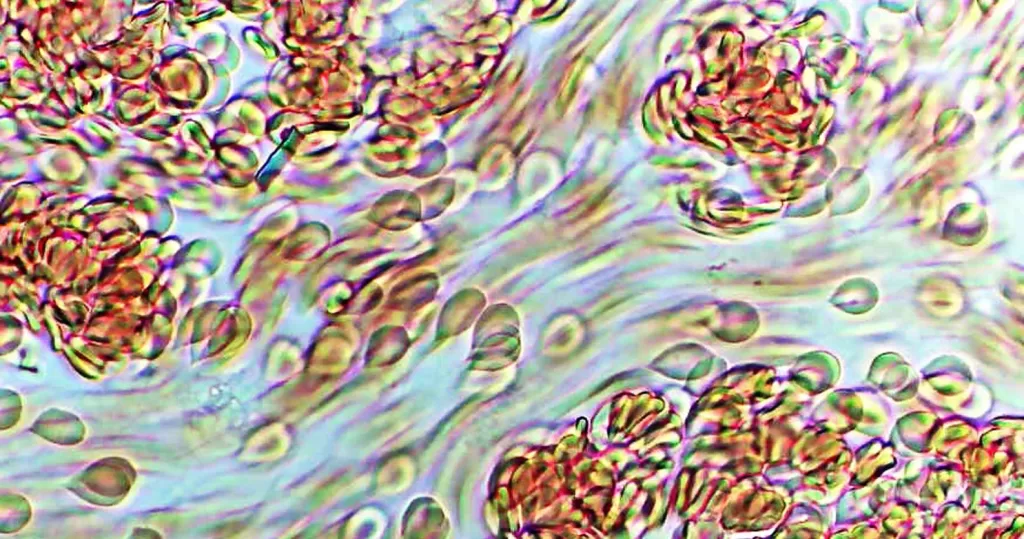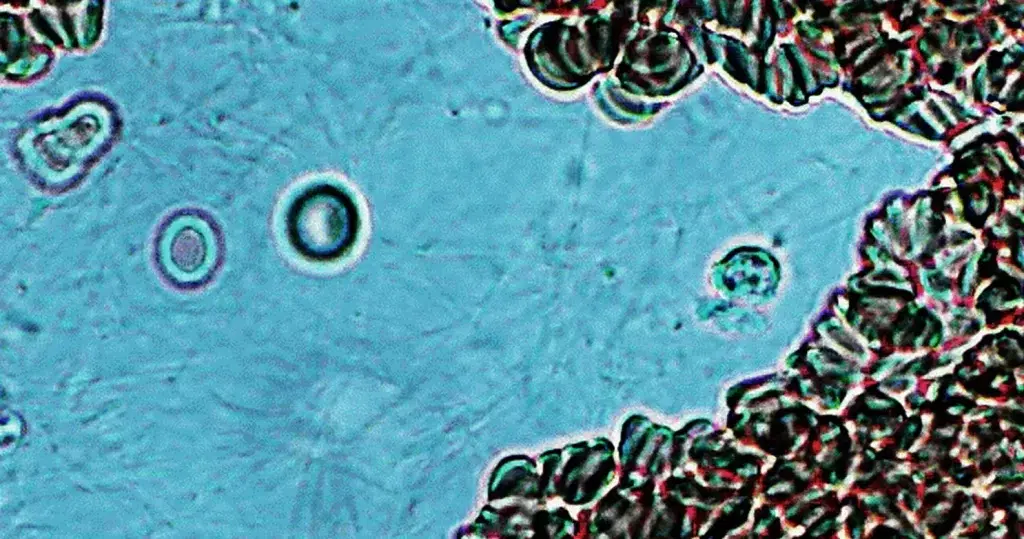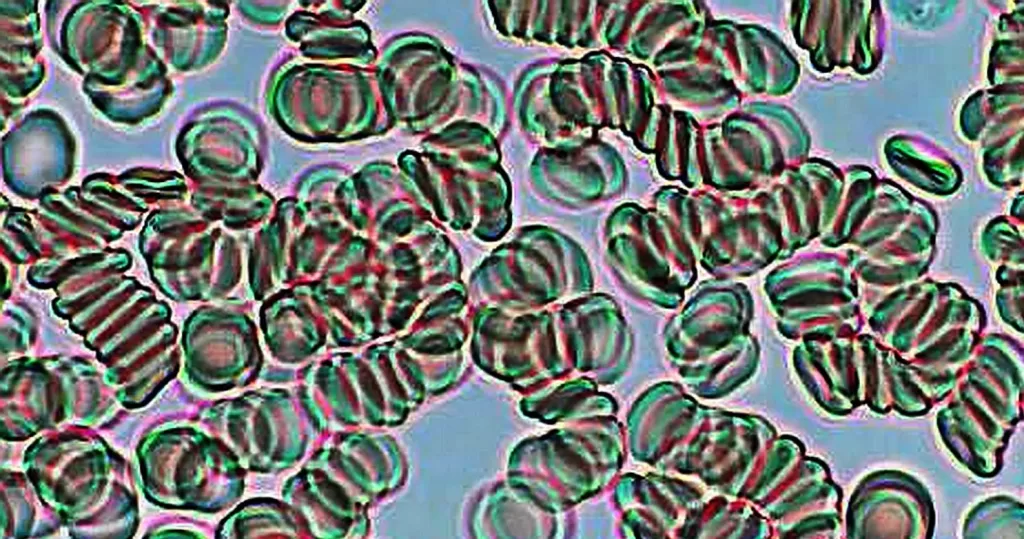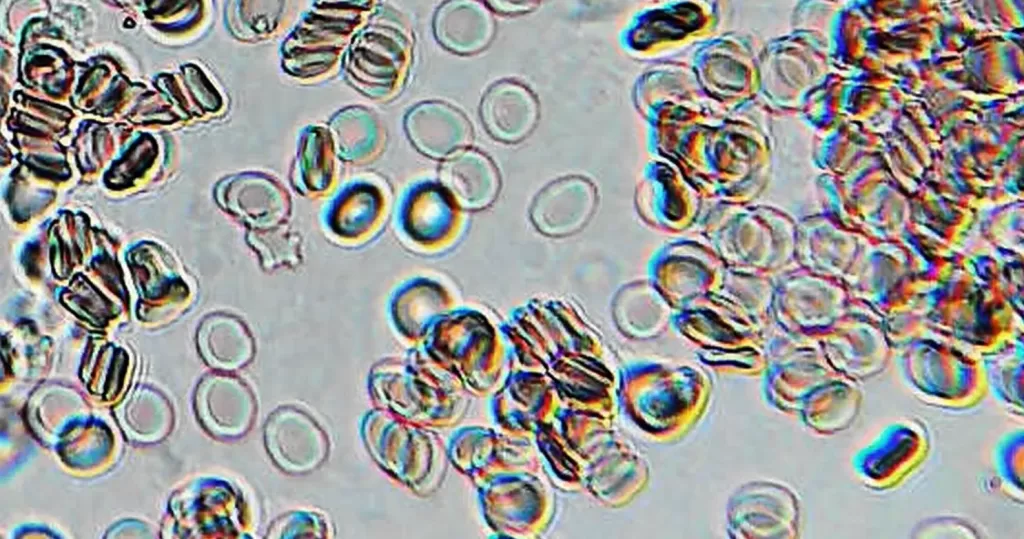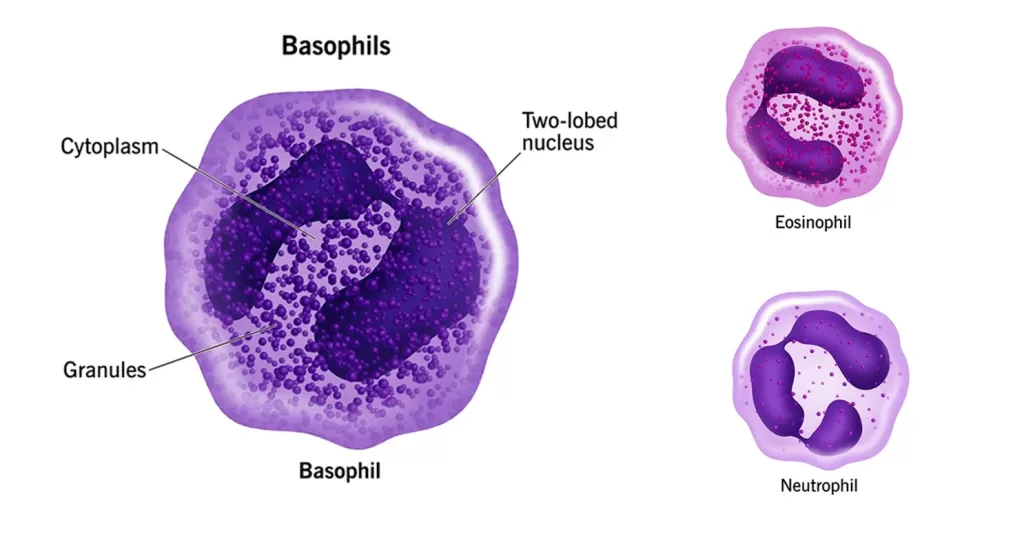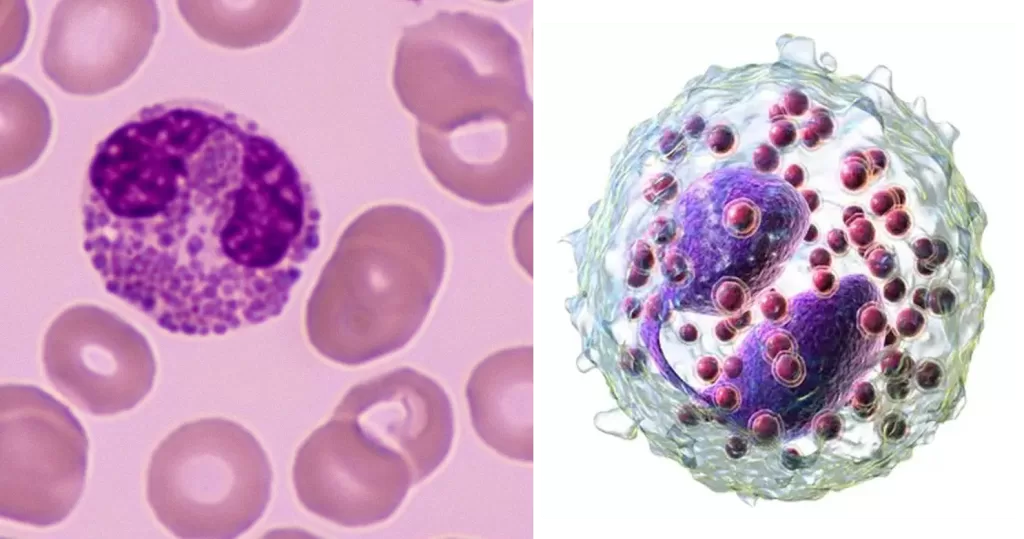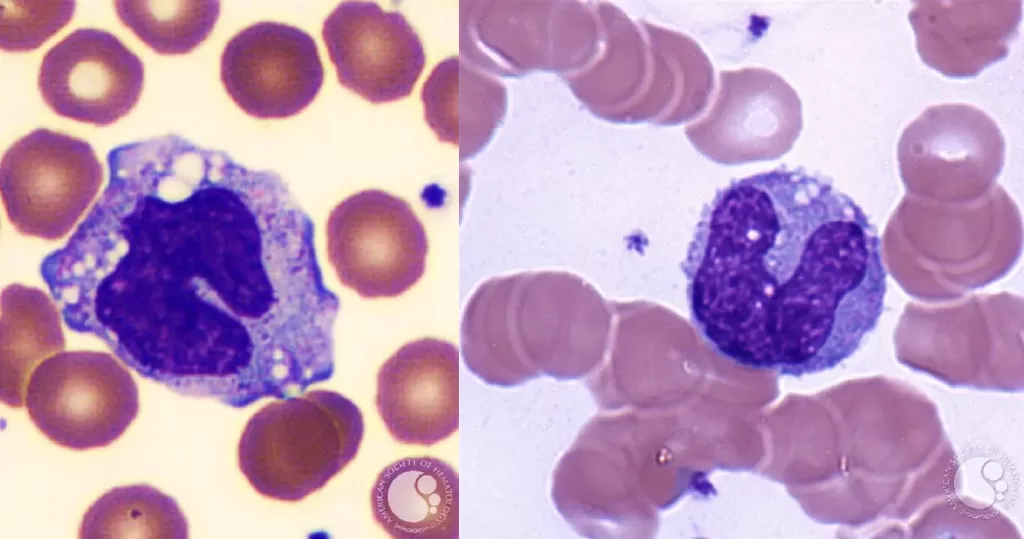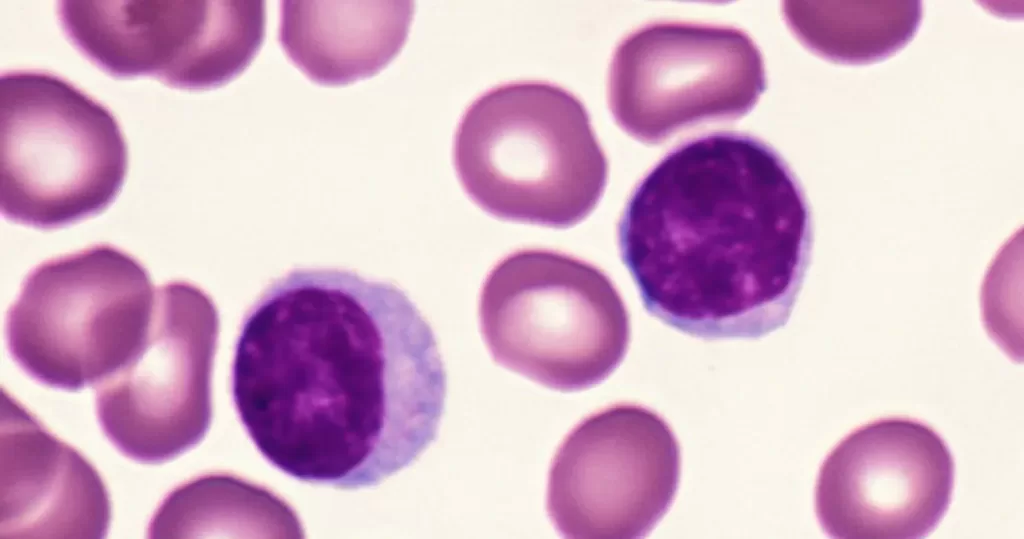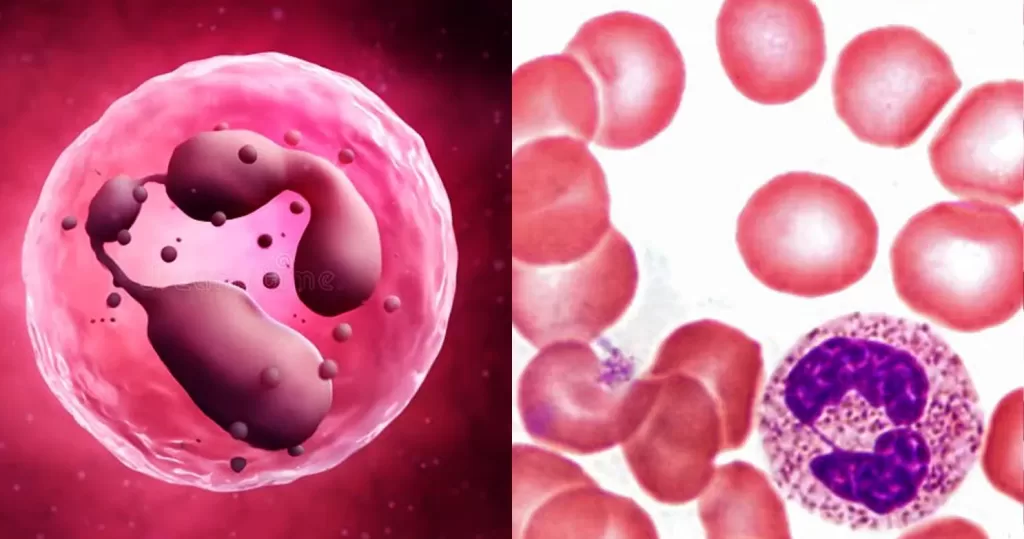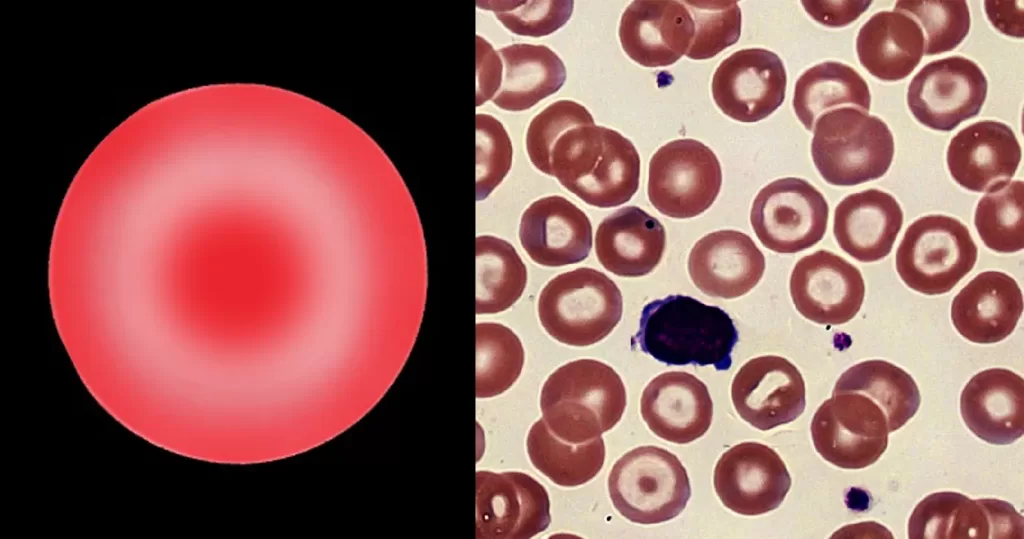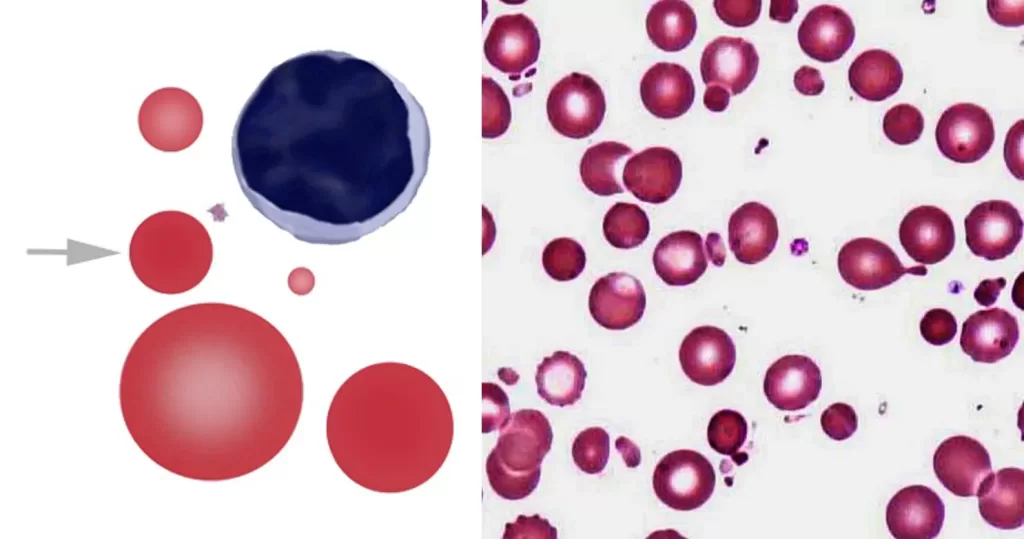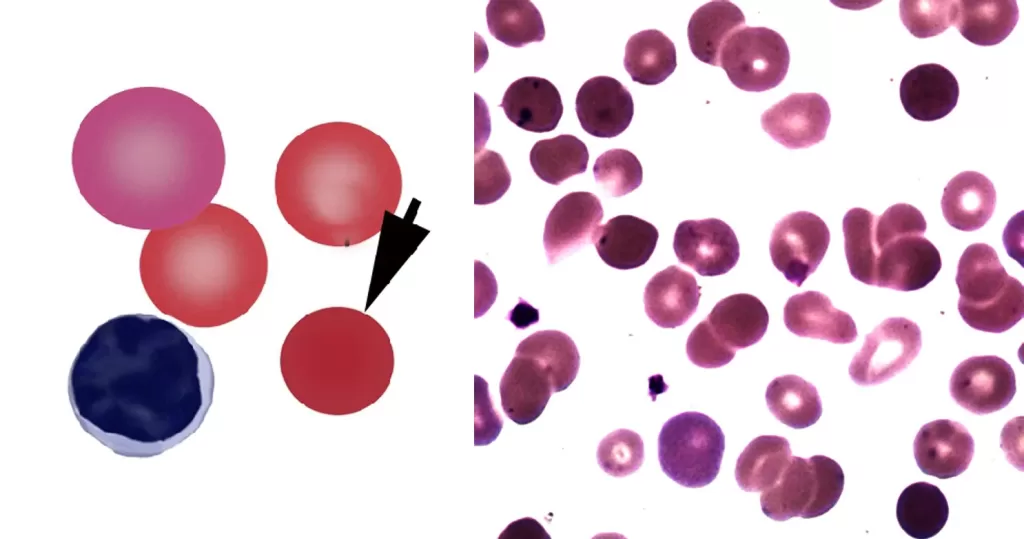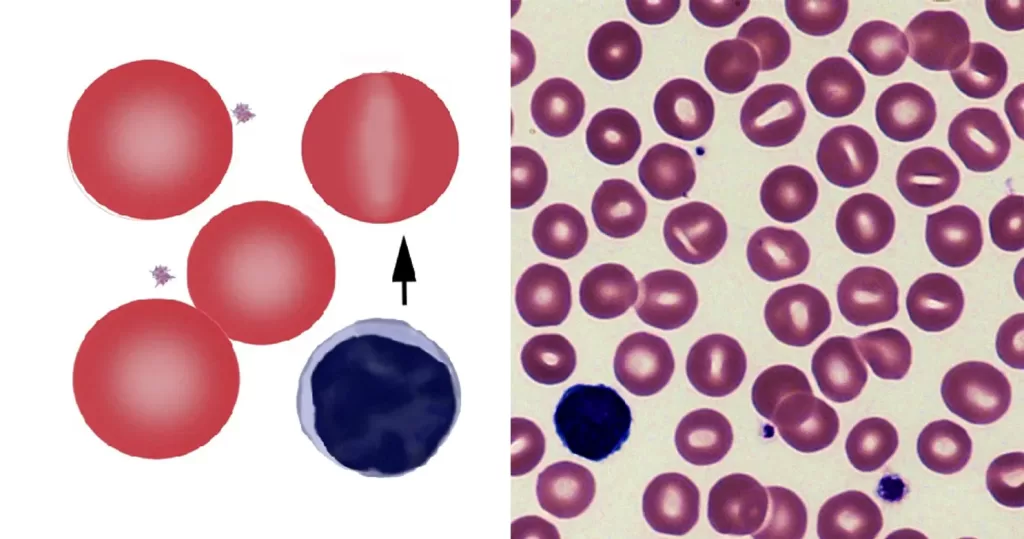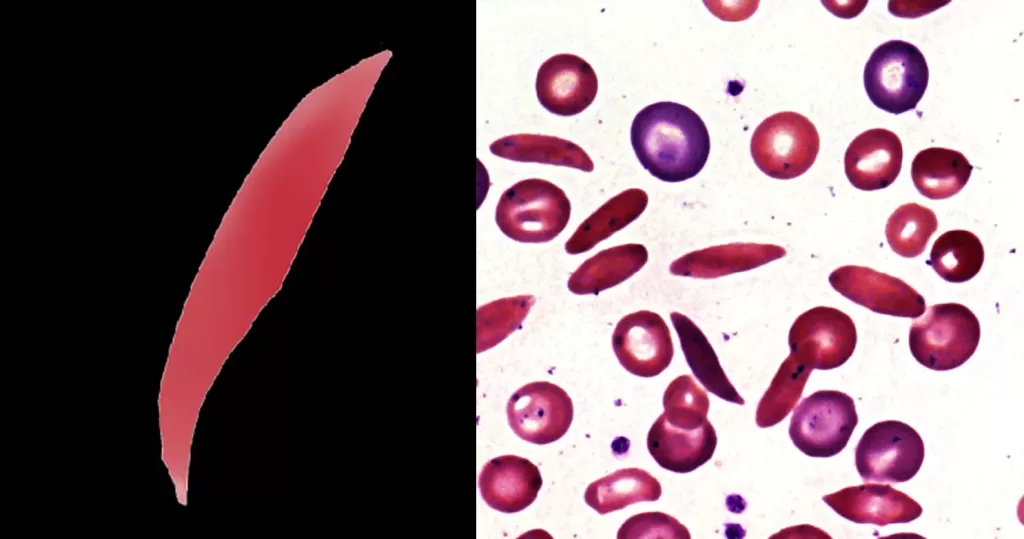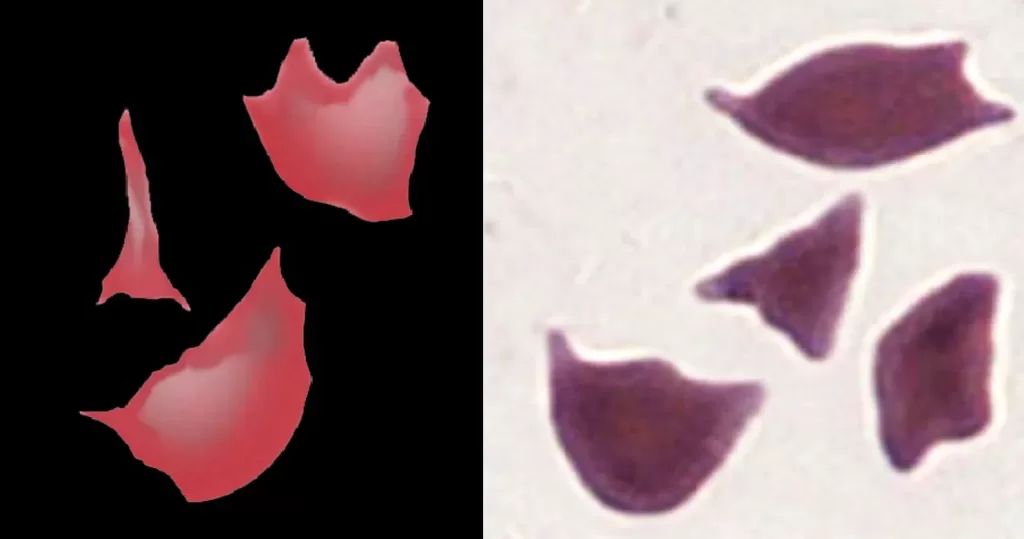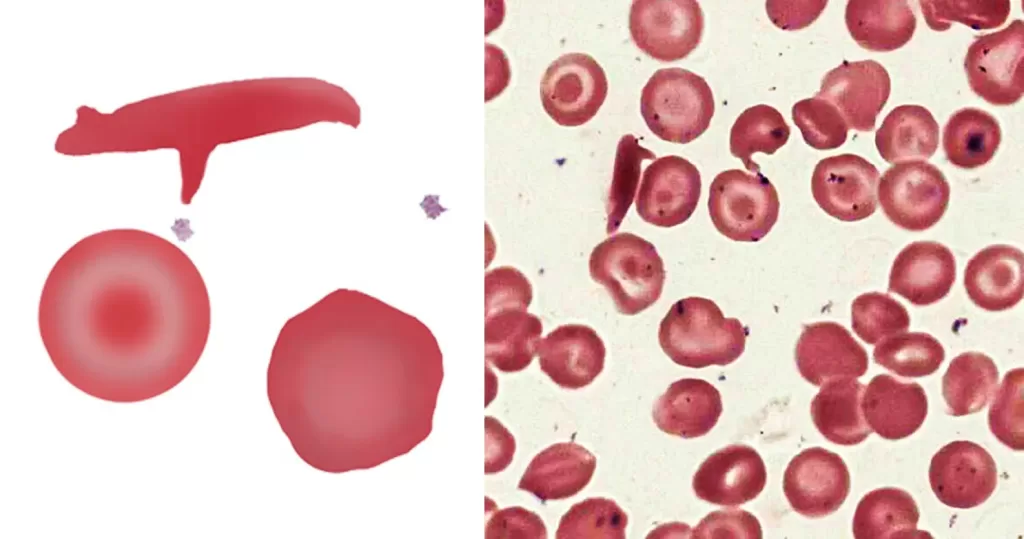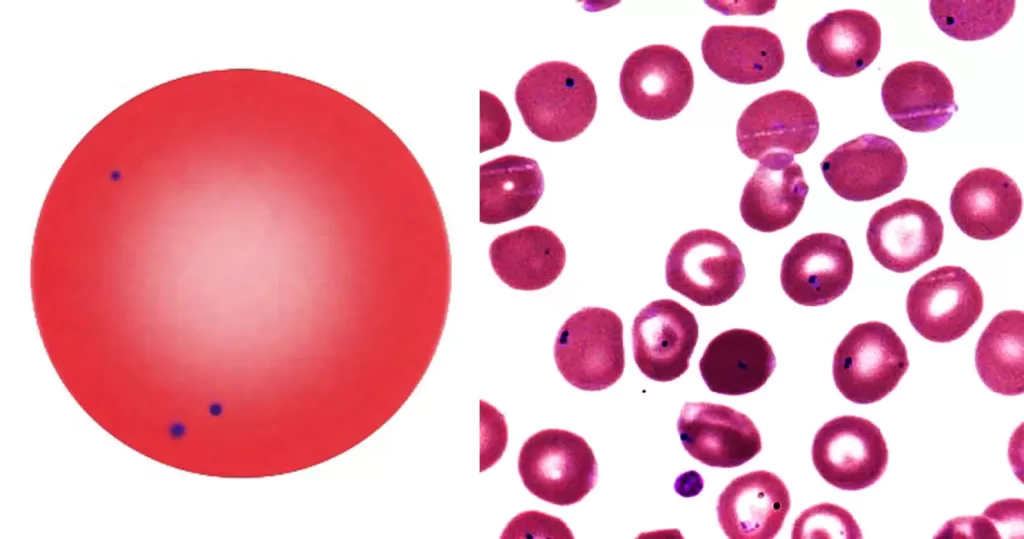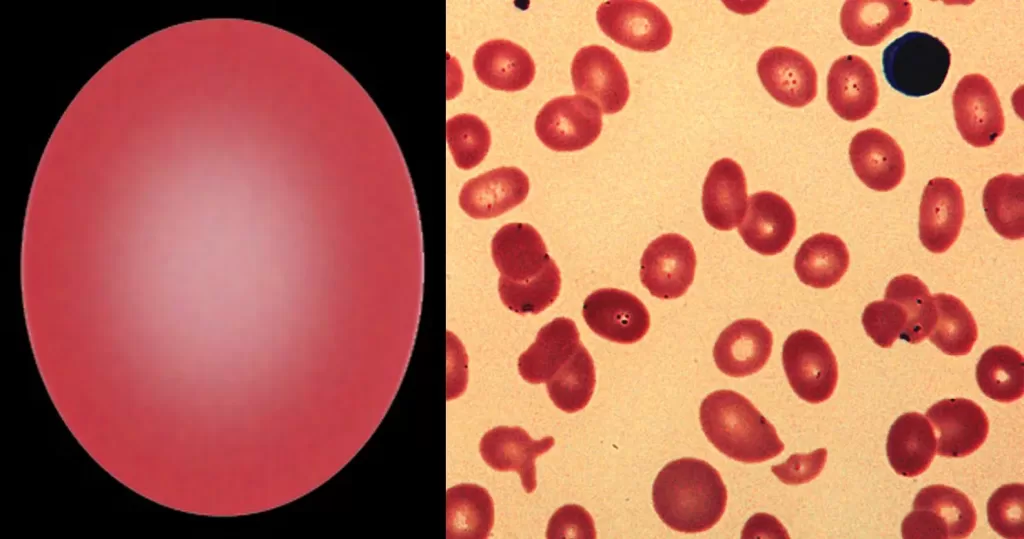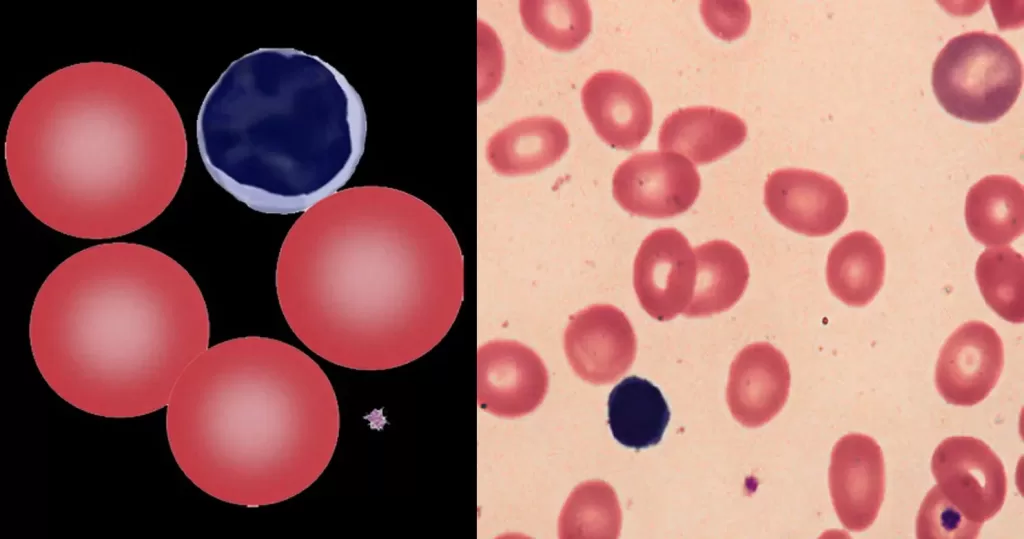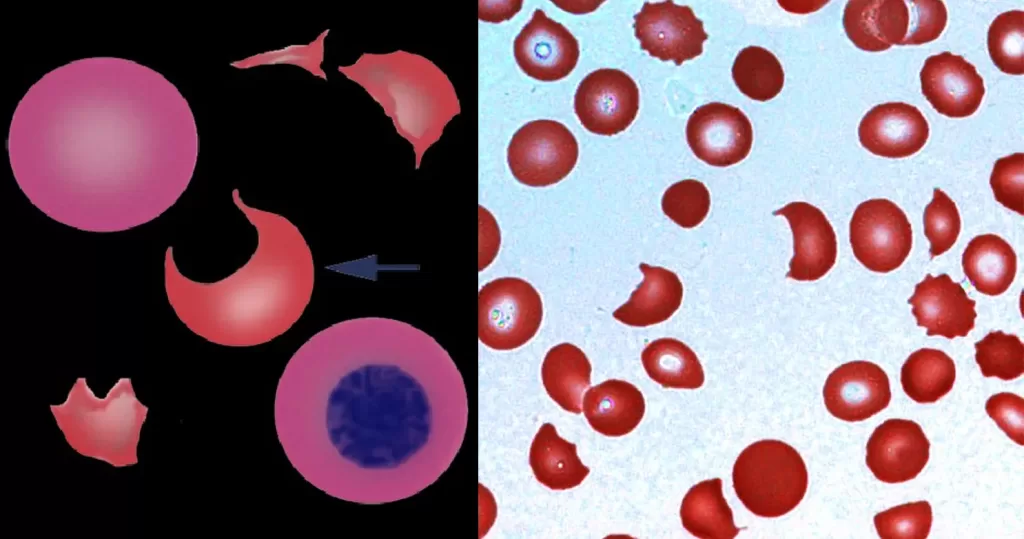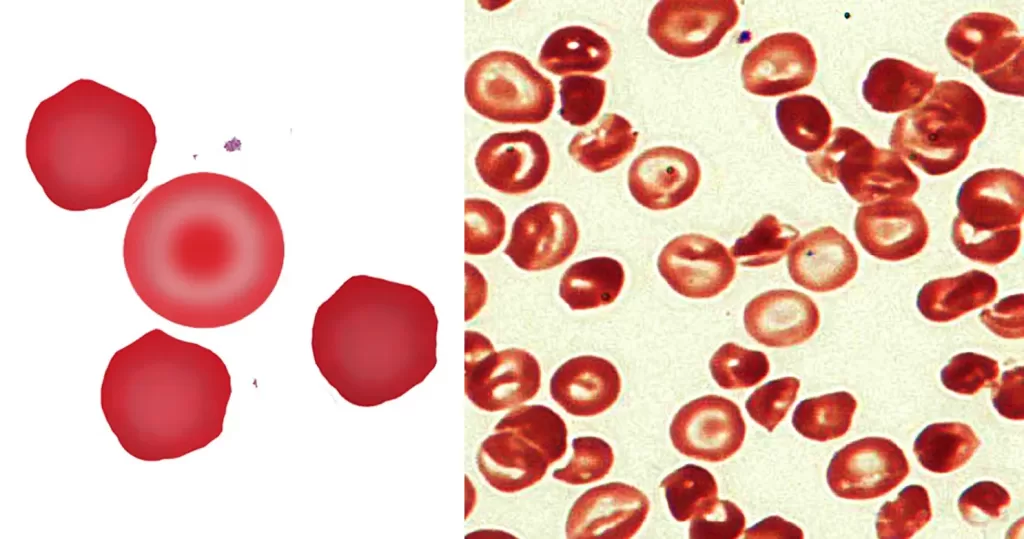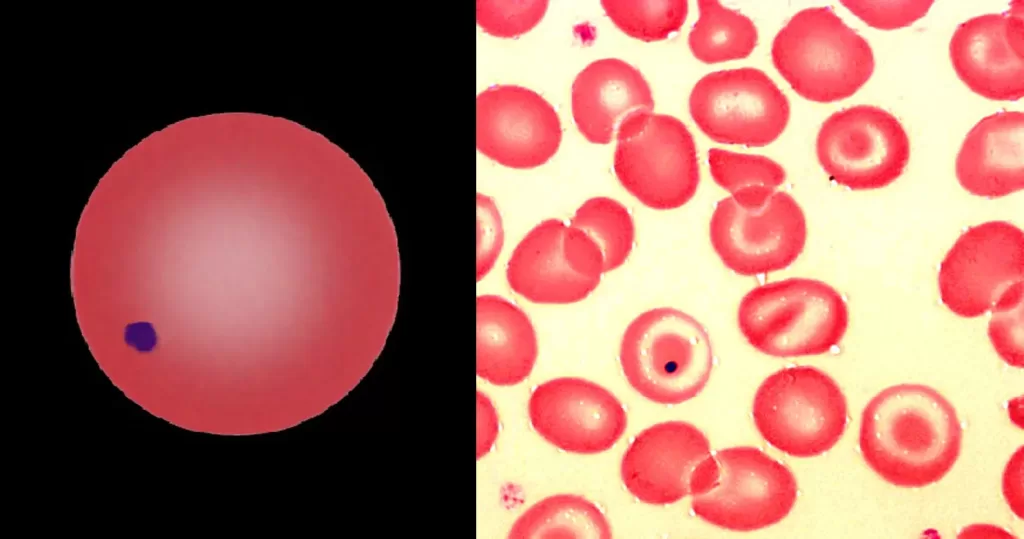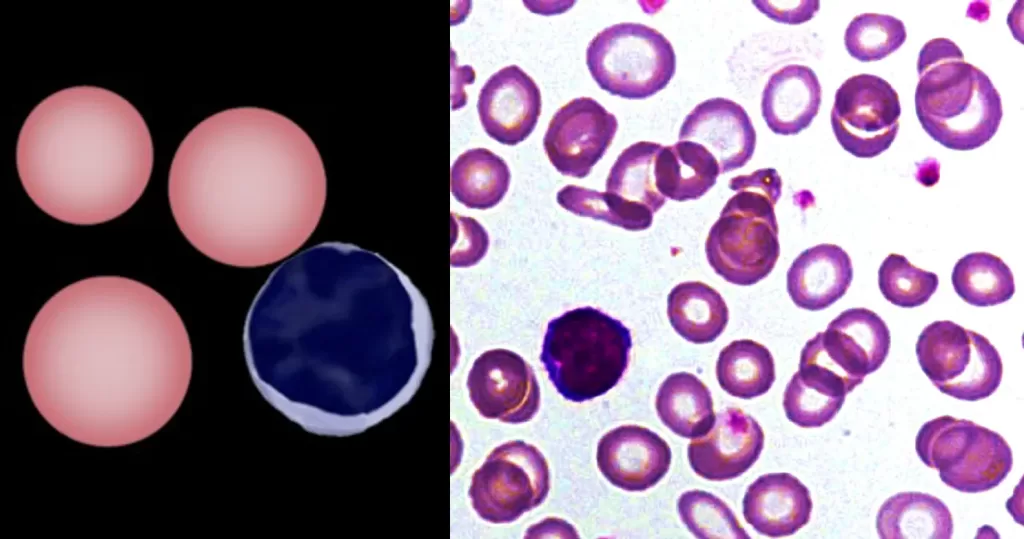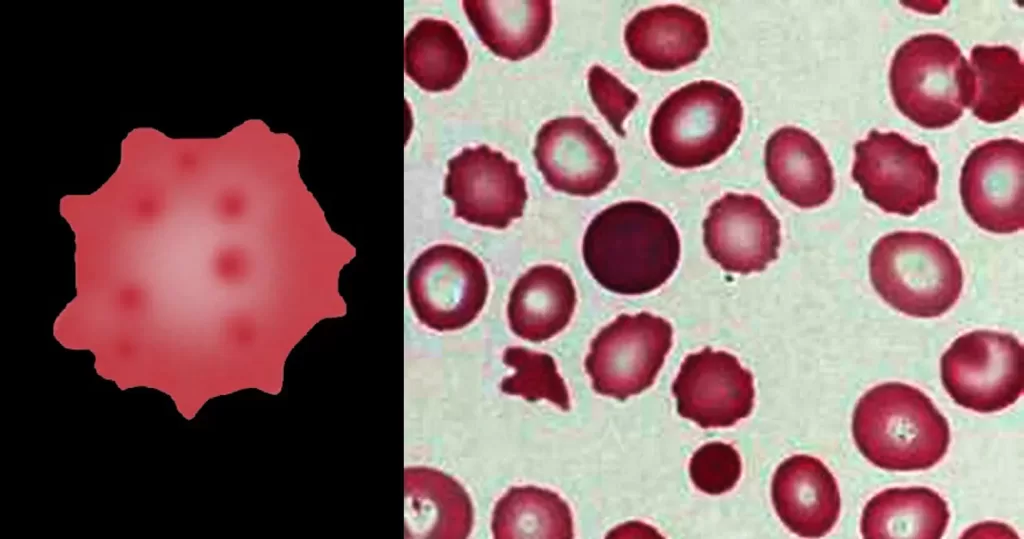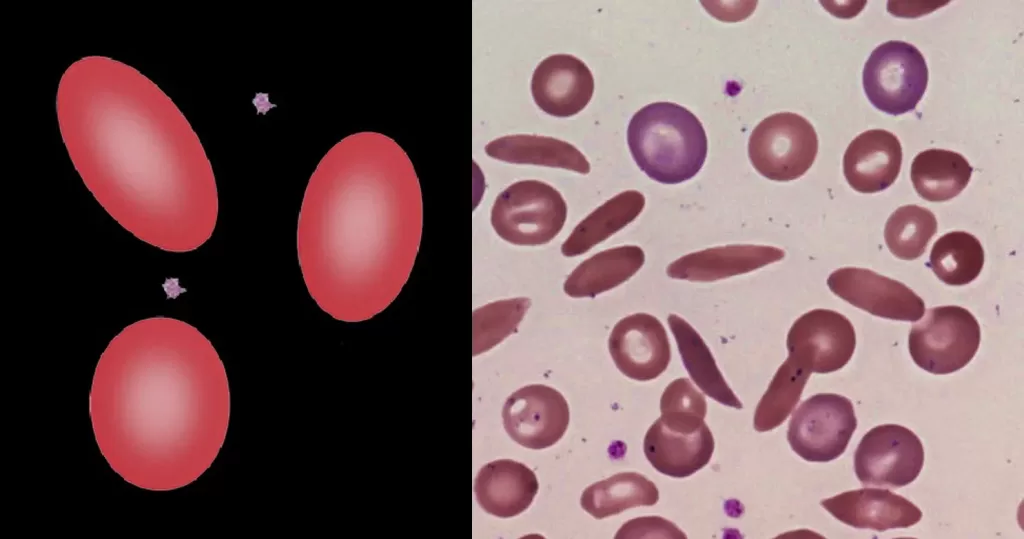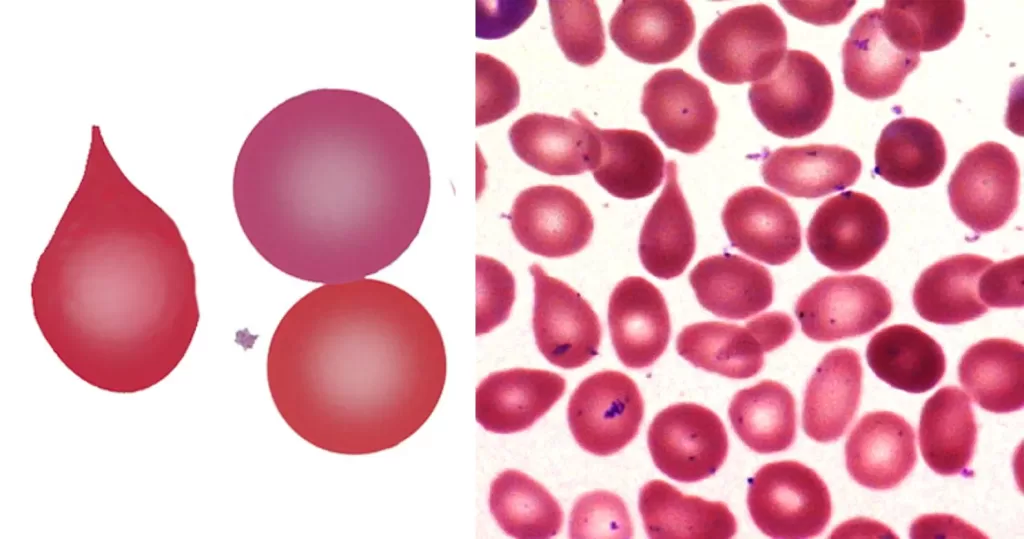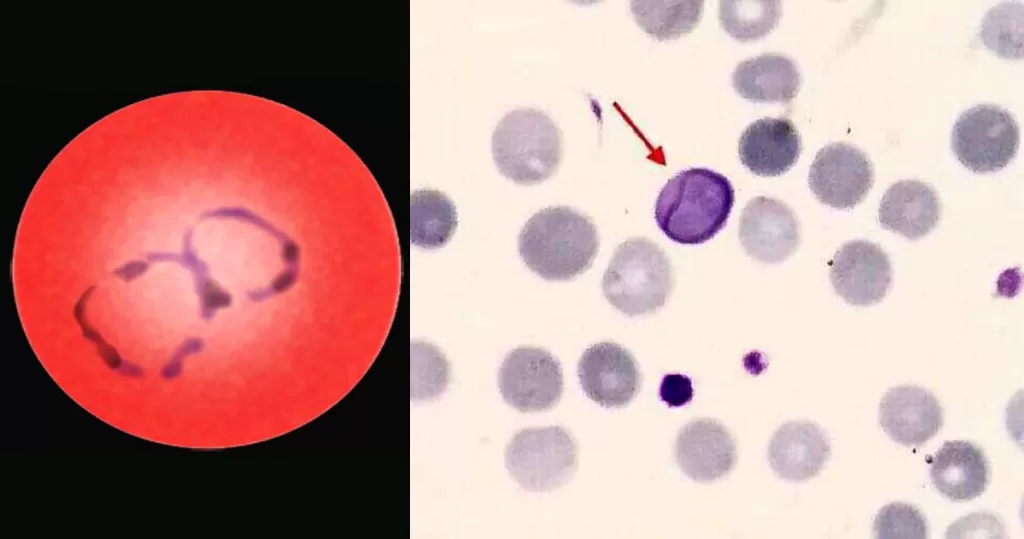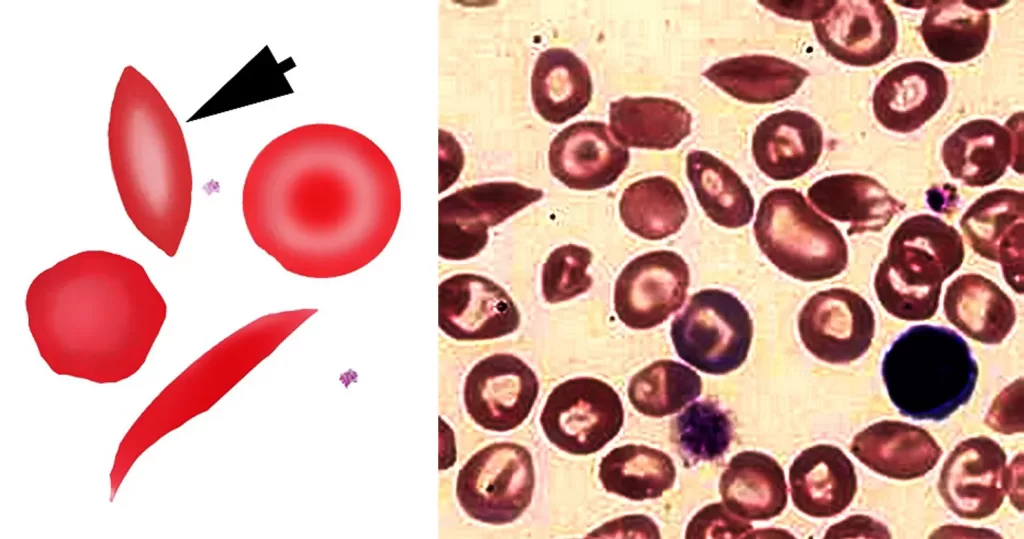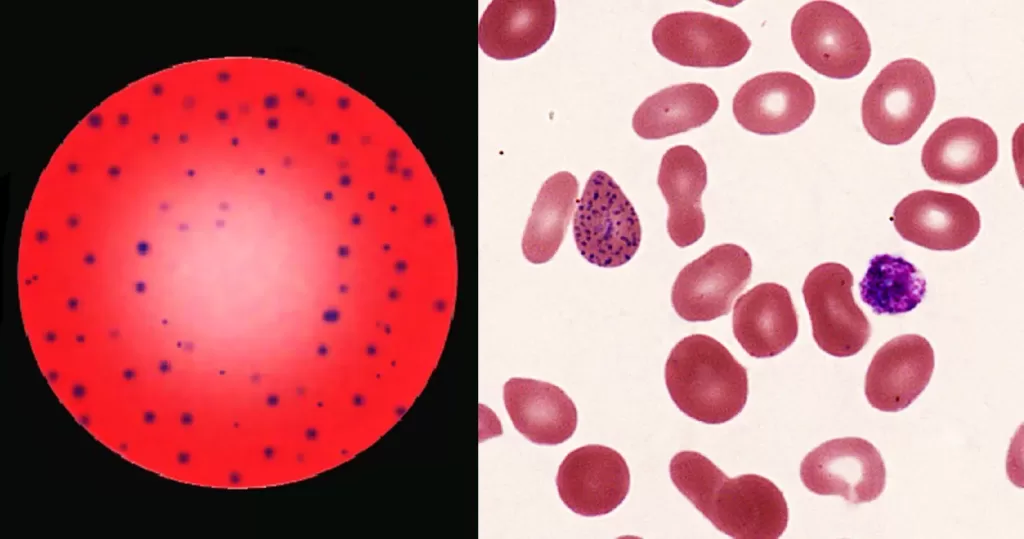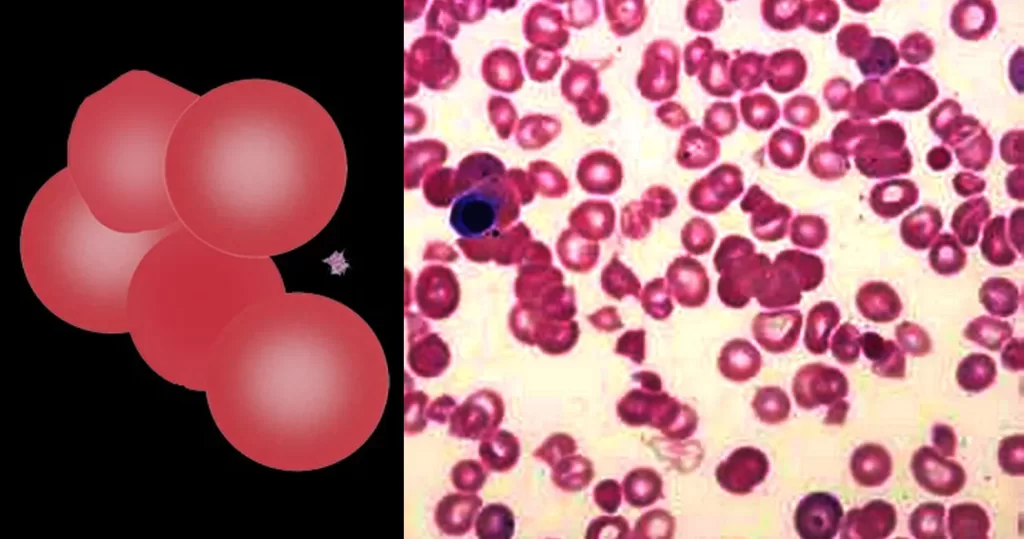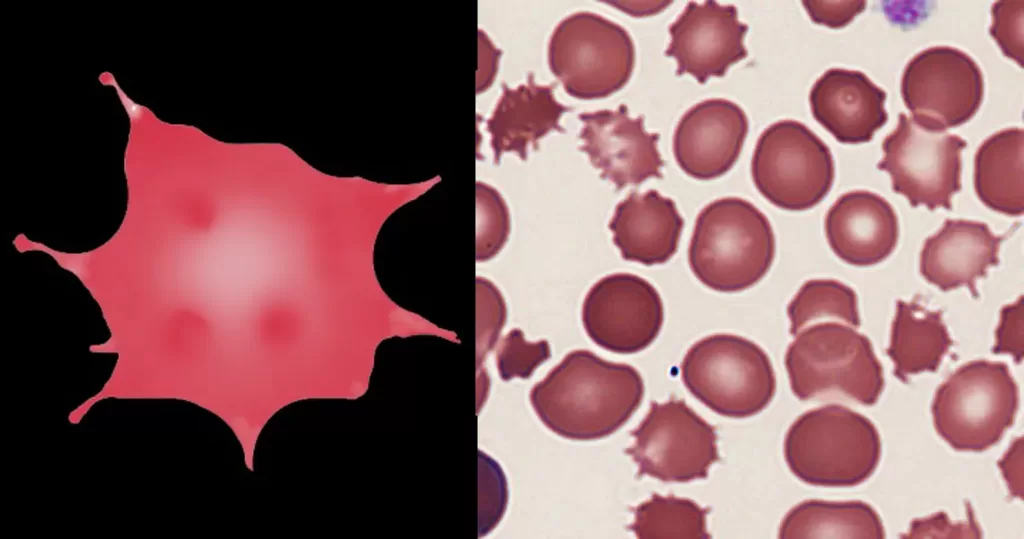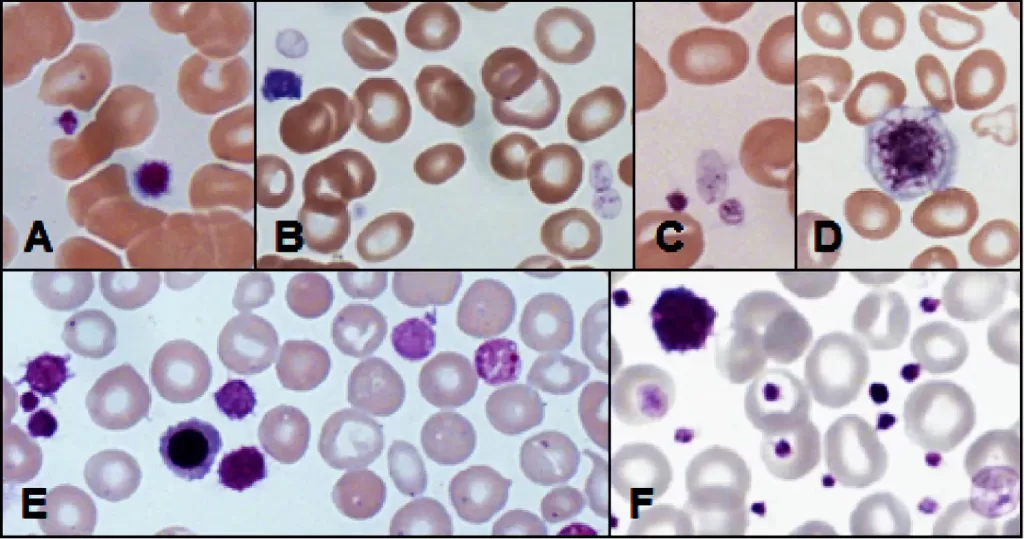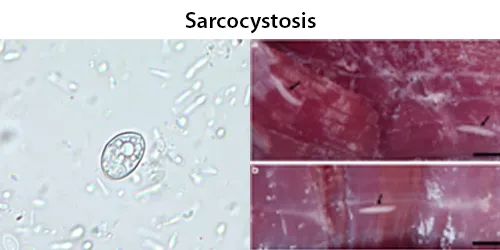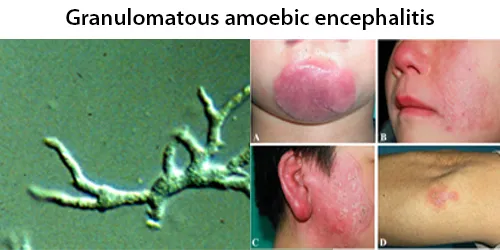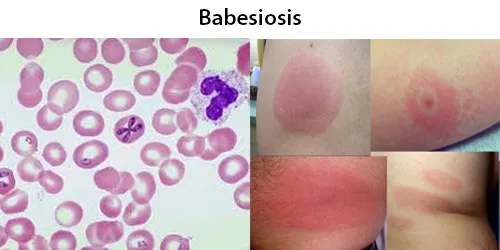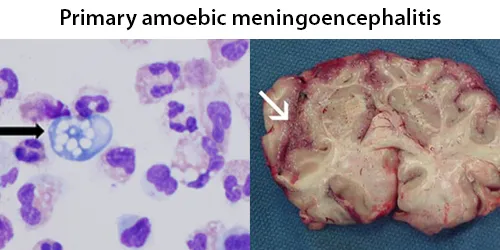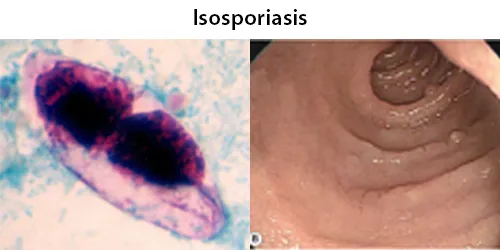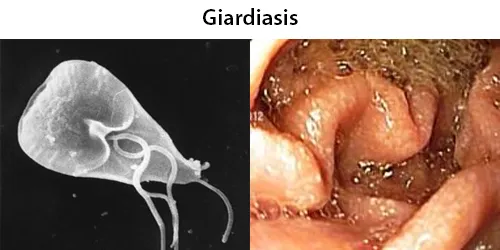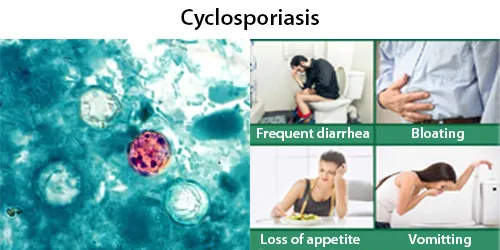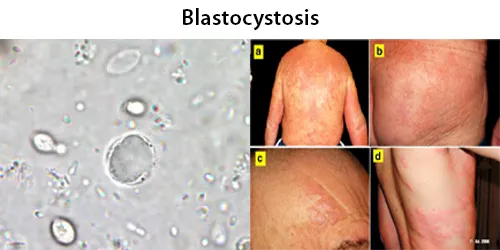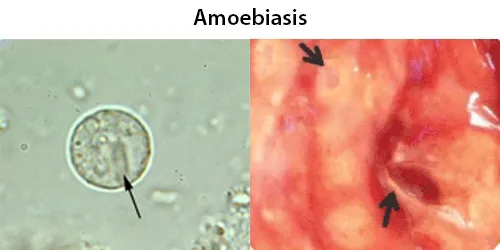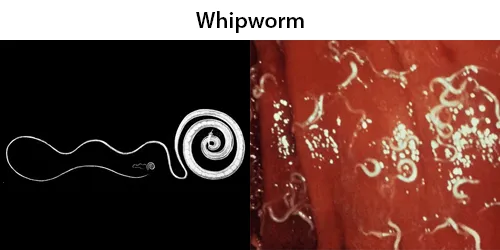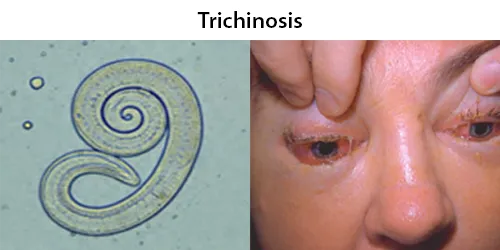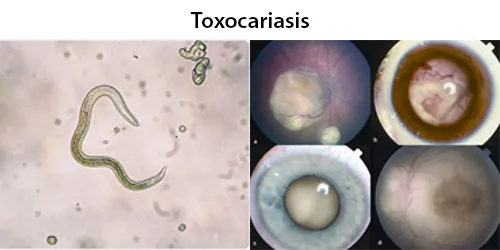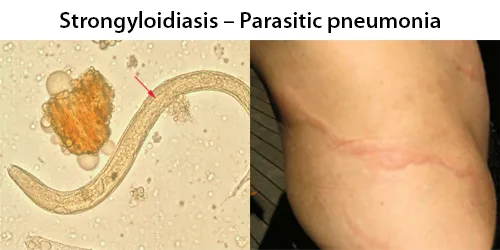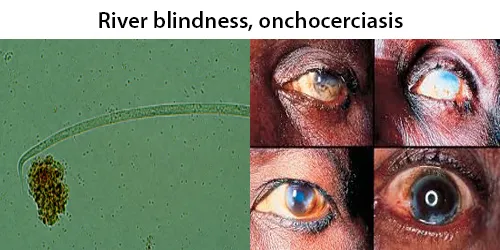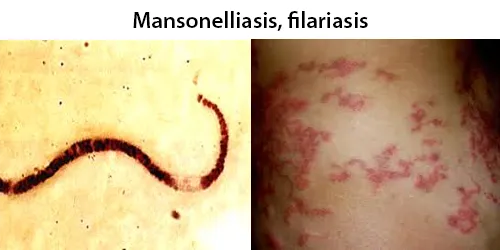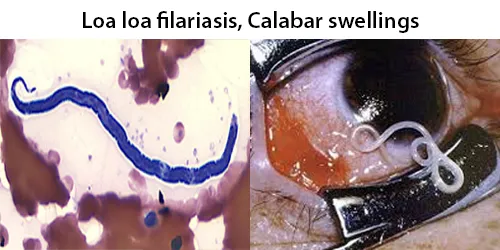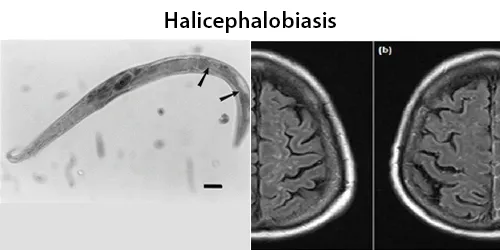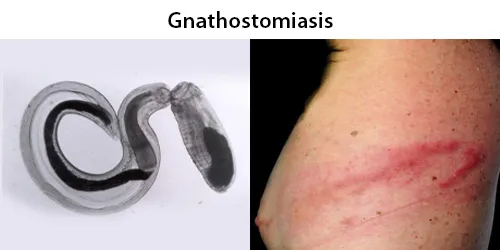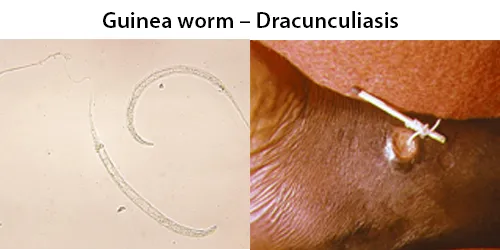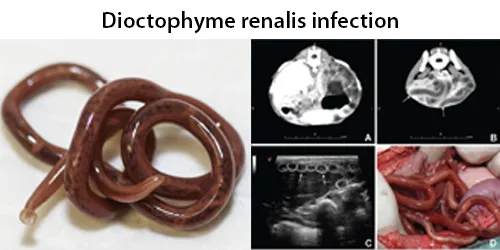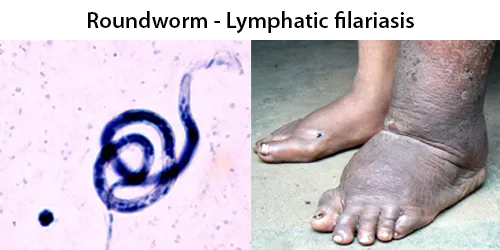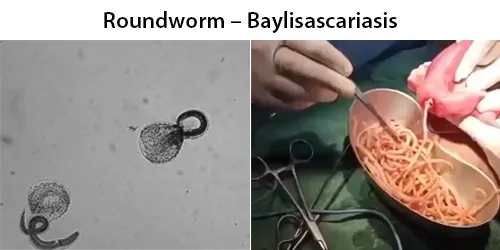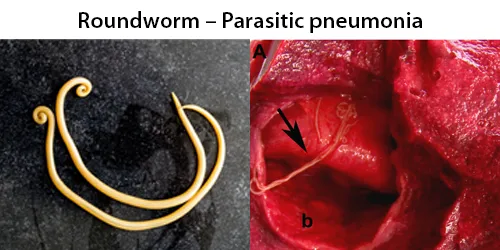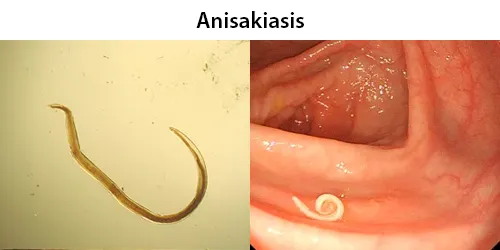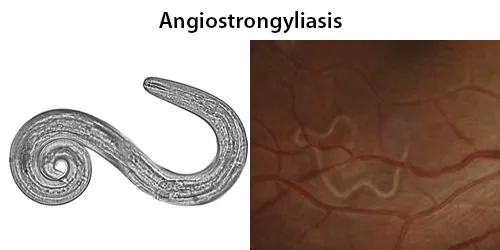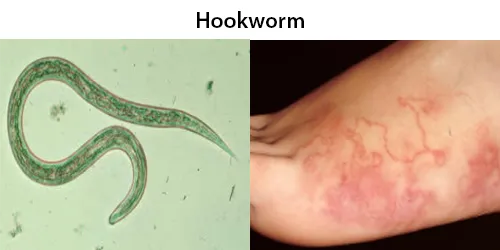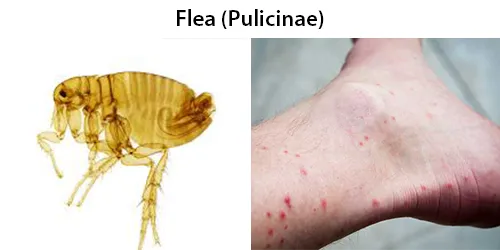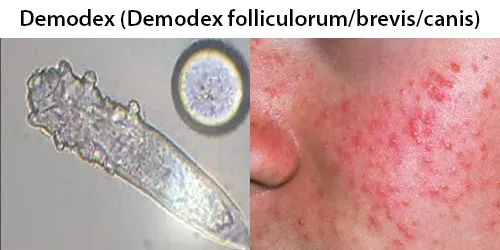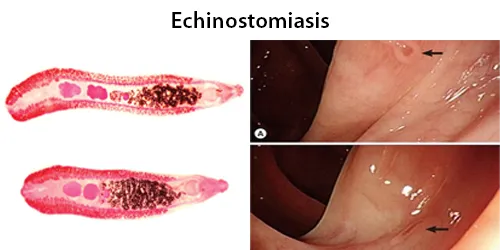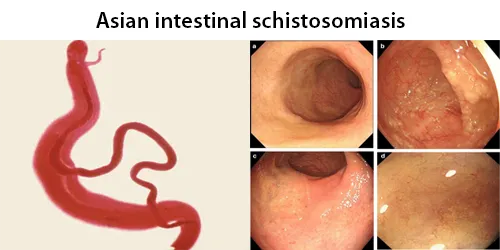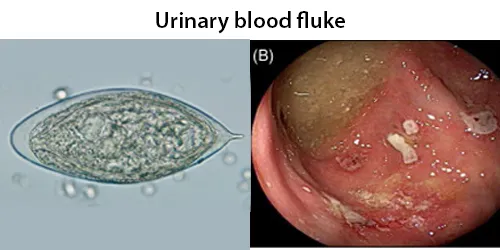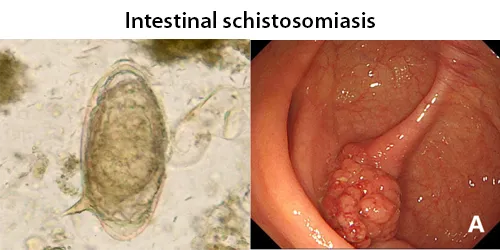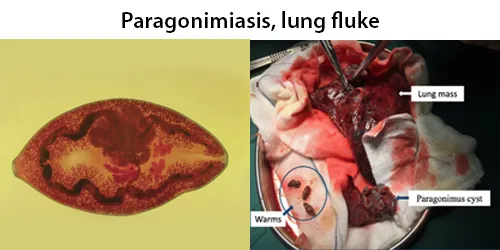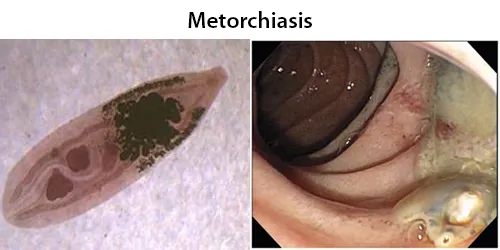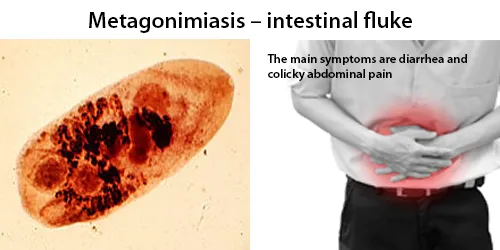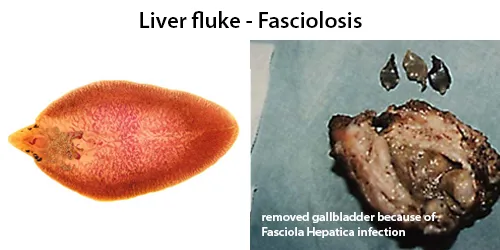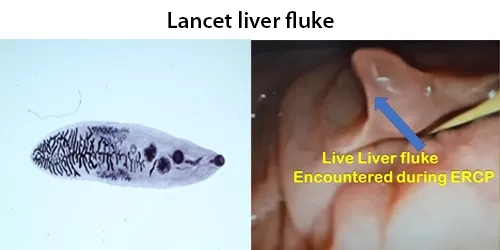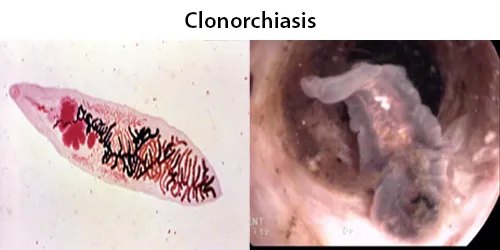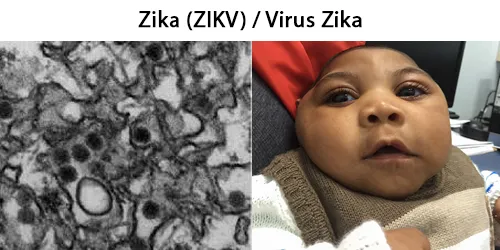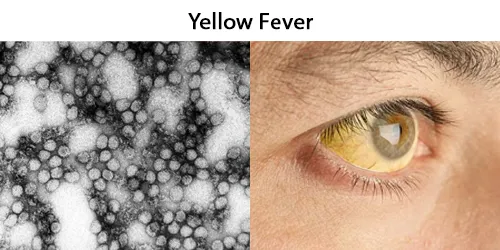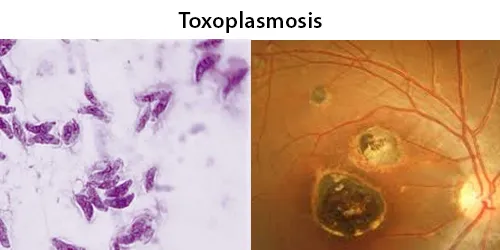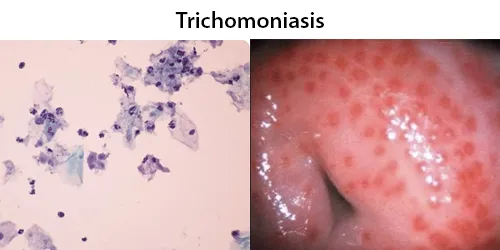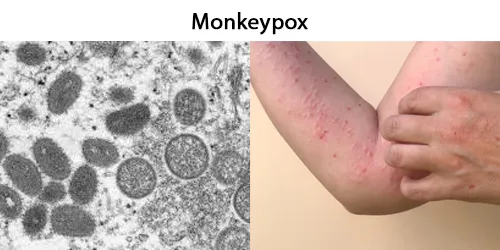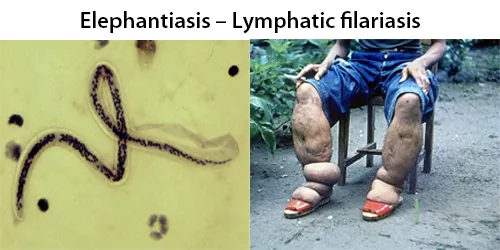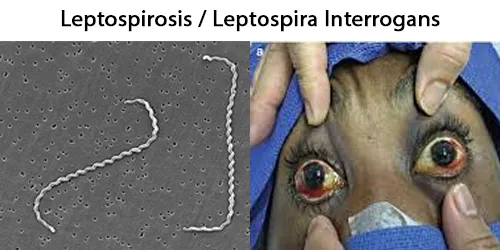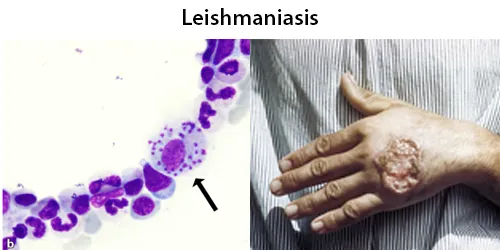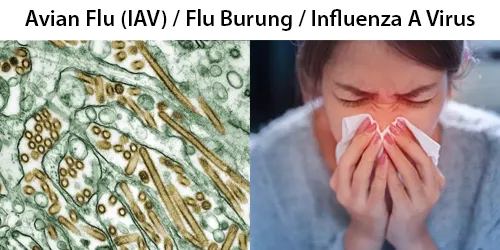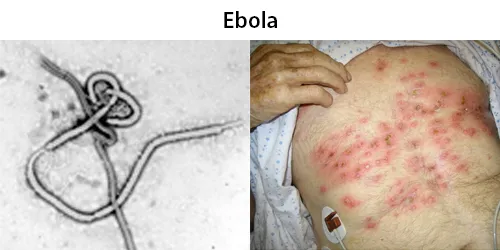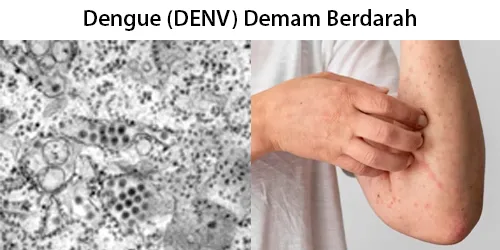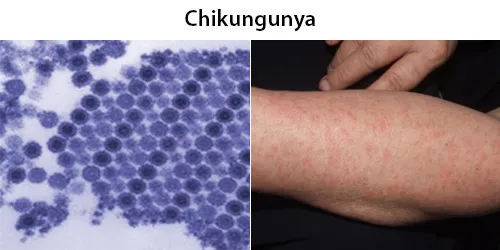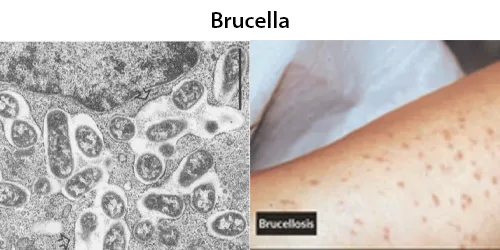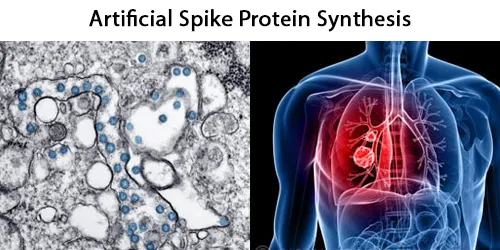Prostate Cancer Screening: 50 Percent False Positives
As many as 50 percent of all prostate cancer diagnoses may be cases of over-diagnosis, according to a study published in the British Medical Journal.Over-diagnosis refers to the detection of a cancer that, if left untreated, would never have any negative effects on a person’s life. This happens with cancers that grow slowly and do not spread to other organs, so that a patient dies of other causes before ever experiencing any symptoms.Because prostate cancers tend to be very slow growing, the U.S. Preventive Services Task Force has recommended against screening men over the age of 74 for prostate cancer. Treatments for the disease can have severe side effects, including impotence and incontinence, and may even increase the risk of early death.Another paper, published in the same issue of the journal, found that the prostate specific antigen (PSA) test commonly used to assess prostate cancer risk cannot reliably predict this risk in most cases. prostate screening
The PSA is a marker of prostate inflammation, which in turn is believed to be a risk factor for prostate cancer. Yet in a study on 1,540 Swedish men, researchers found that PSA levels were not correlated with prostate cancer risk. The only exception was levels below 1 nanogram per mililiter, which suggest a prostate cancer risk of almost zero.
The British National Health Service recommends referral for cancer screening such as biopsies for men between the ages of 50 and 59 who have a PSA level of 3 nanograms per mililiter or higher, and for older men who have levels of 5 nanograms per mililiter or higher.
Another recent study found that regular PSA screenings did not decrease men’s risk of dying from prostate cancer.
The British Parliament has been considering promoting more regular PSA screening, but so far has declined to do so. According to general practitioner James Kingsland, a member of the government advisory group on prostate cancer risk management, the new studies lend support to this decision.
“It is using a test for something which it was never designed for, which is always dangerous,” he said.
Sources for this story include: news.bbc.co.uk.
****************************
Prostate Screening Can Lead to Unnecessary Treatment and Risks 95% of the Time
(NaturalNews) Two large studies published recently in the New England Journal of Medicine found that the PSA blood test used to screen for prostate cancer saves few lives and can lead to risky and unnecessary treatments for 95% of the men who are screened.
Dr. Otis Brawley, the chief medical officer of the American Cancer Society, was quoted in the New York Times as saying that the two studies – one in Europe and the other in the United States – are “some of the most important studies in the history of men`s health.”
The PSA (prostate-specific antigen) test, which measures a protein released by prostate cells, does what it is supposed to do – indicates a cancer might be present, leading to biopsies to determine if there is a tumor. Most of the cancers tend to grow very slowly and are never a threat and, with the faster-growing ones, even early diagnosis might be too late. Until the release of the results of the two new studies, it has been difficult to know whether finding prostate cancer early saves lives. Both studies have confirmed that in most instances it does not.
The findings, which are the first based on robust, independently audited evidence and randomized studies, confirmed some longstanding concerns about the wisdom of prostate screening and indicated that the practice of widespread prostate screening may result in far more harm than benefits. Prostate cancer treatment can result in impotence and incontinence when surgery is used to destroy the prostate, and, at times, painful defecation or chronic diarrhea when the treatment is radiation. In addition, many believe that the practice of cancer biopsies often leads to the spread and more rapid development of cancer.
The European study commenced in the early 1990`s and involved 182,000 men in eight countries Belgium, Finland, France, Italy, Netherlands, Spain, Sweden and Switzerland – with an overall follow-up of up to 12 years. The other study, by the National Cancer Institute, involved nearly 77,000 men at 10 medical centers in the United States. Although both studies are continuing, the results so far are considered significant and the most definitive to date.
In both studies, participants were randomly assigned to be screened – or not – with the PSA test and in each study the two groups were followed for more than a decade while researchers counted deaths from prostate cancer, asking whether screening made a difference.
In the European study, for every man whose death was prevented within a decade of having a PSA test 48 men were told they had prostate cancer and needlessly treated for it, and the study found that there were only seven fewer prostate cancer deaths for every 10,000 men screened and followed for nine years.
The American study, found no reduction in deaths from prostate cancer after most of the men had been followed for 10 years. Instead, by seven years the death rate was 13 percent lower for the unscreened group.
Sources Included: NY Times, NEJM, ScienceDaily
About the author
Tony Isaacs, is a natural health advocate and researcher and the author of books and articles about natural health including “Cancer’s Natural Enemy” and “Collected Remedies”as well as song lyrics and humorous anecdotal stories. Mr. Isaacs also has The Best Years in Life website for baby boomers and others wishing to avoid prescription drugs and mainstream managed illness and live longer, healthier and happier lives naturally. He is currently residing in the scenic Texas hill country near Utopia, Texas where he serves as a consultant to the Utopia Silver colloidal silver and supplement company and where he is working on a major book project due for publication later this year. Mr. Isaacs also hosts the CureZone “Ask Tony Isaacs” forum as well as the Yahoo Health Group “Oleander Soup”
David Gutierrez Prostate Screening
Monday, February 15, 2010http://www.naturalnews.com/028166_prostate_cancer_screenings.html(NaturalNews)
Tony Isaacs, citizen journalist
Tuesday, August 04, 2009
http://www.naturalnews.com/026766_Prostate_cancer_screening.html






















